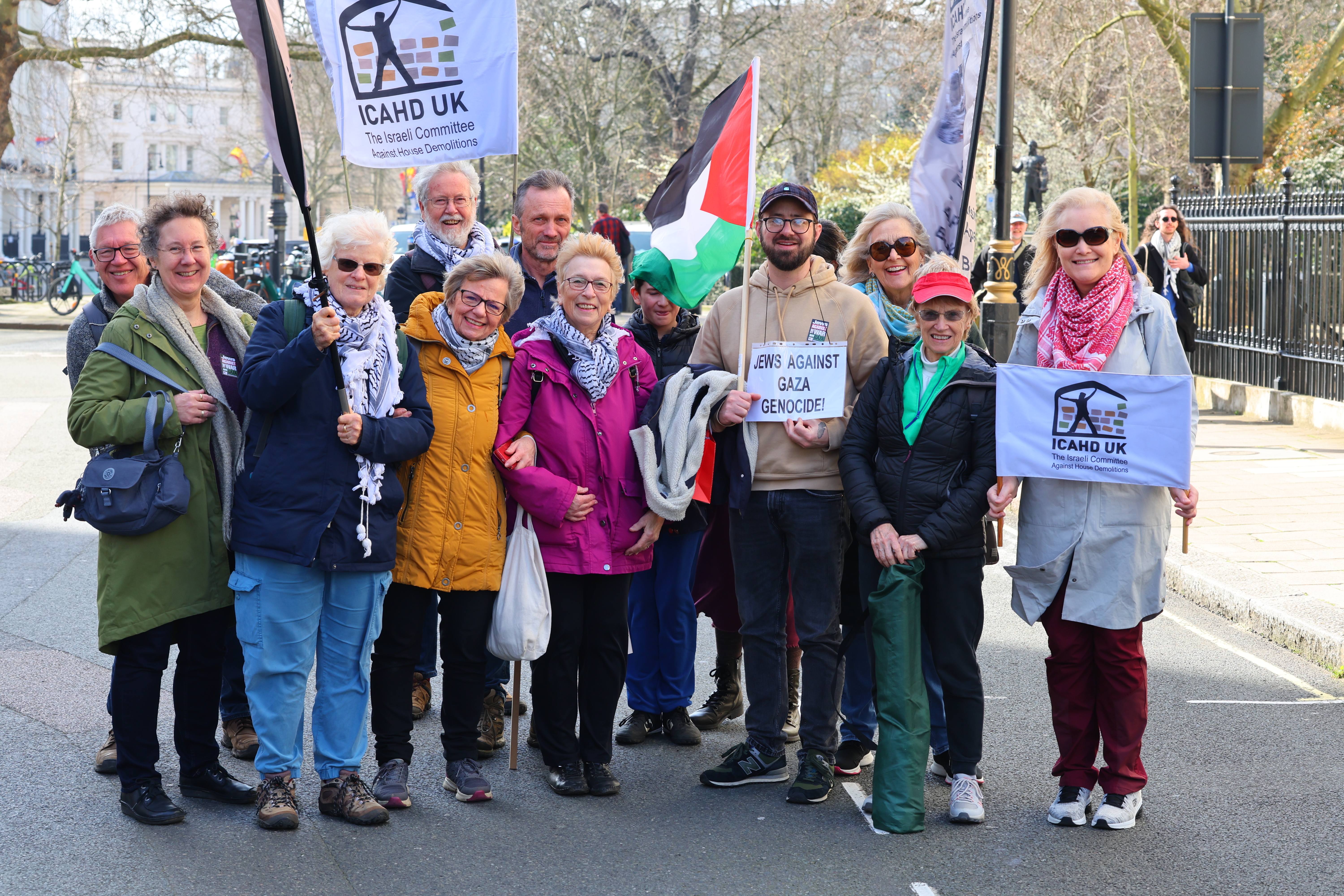
Photos taken at the London ‘Ceasefire Now’ Gaza Rally on Saturday 10th march 2024 (see below for more)
Continue reading

Photos taken at the London ‘Ceasefire Now’ Gaza Rally on Saturday 10th march 2024 (see below for more)
Continue readingVideos and photos taken at the London protest to demand an immediate #Ceasefire_In_Gaza, H.E. Dr. Husam Zomlot introduces a special guest speaker from #Palestine: the Rev. Dr. Munther Isaac. [Source]
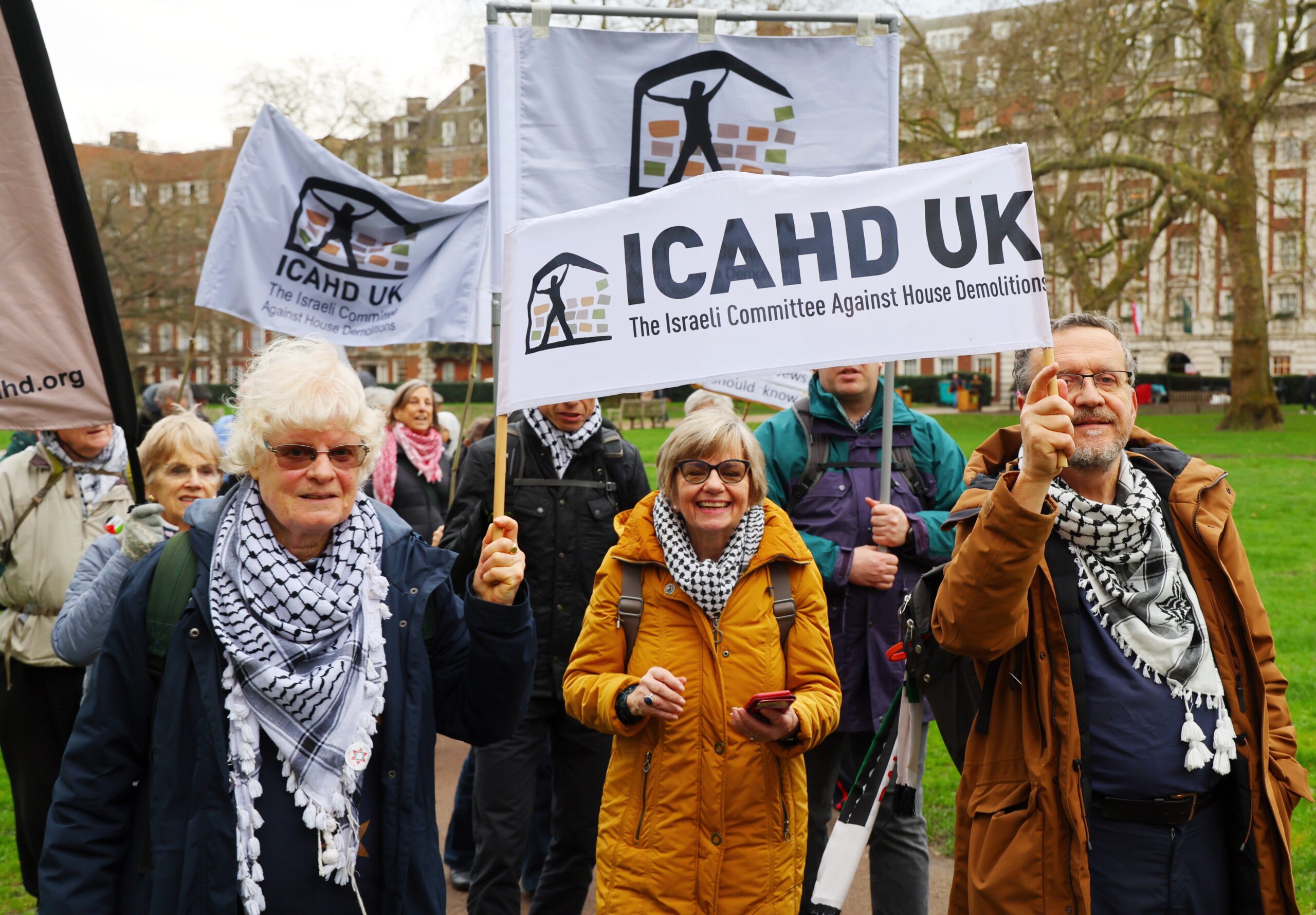
Jeff Halper on why we must challenge a US imposed ‘Two State Apartheid’ in Palestine
Jeff Halper elaborates on the Genocide Convention and its applicability to Israel’s actions in Gaza
To receive the Israeli Committee Against House Demolitions (ICAHD) monthly updates (including Jeff’s latest video) click here and scroll to the bottom of the homepage.
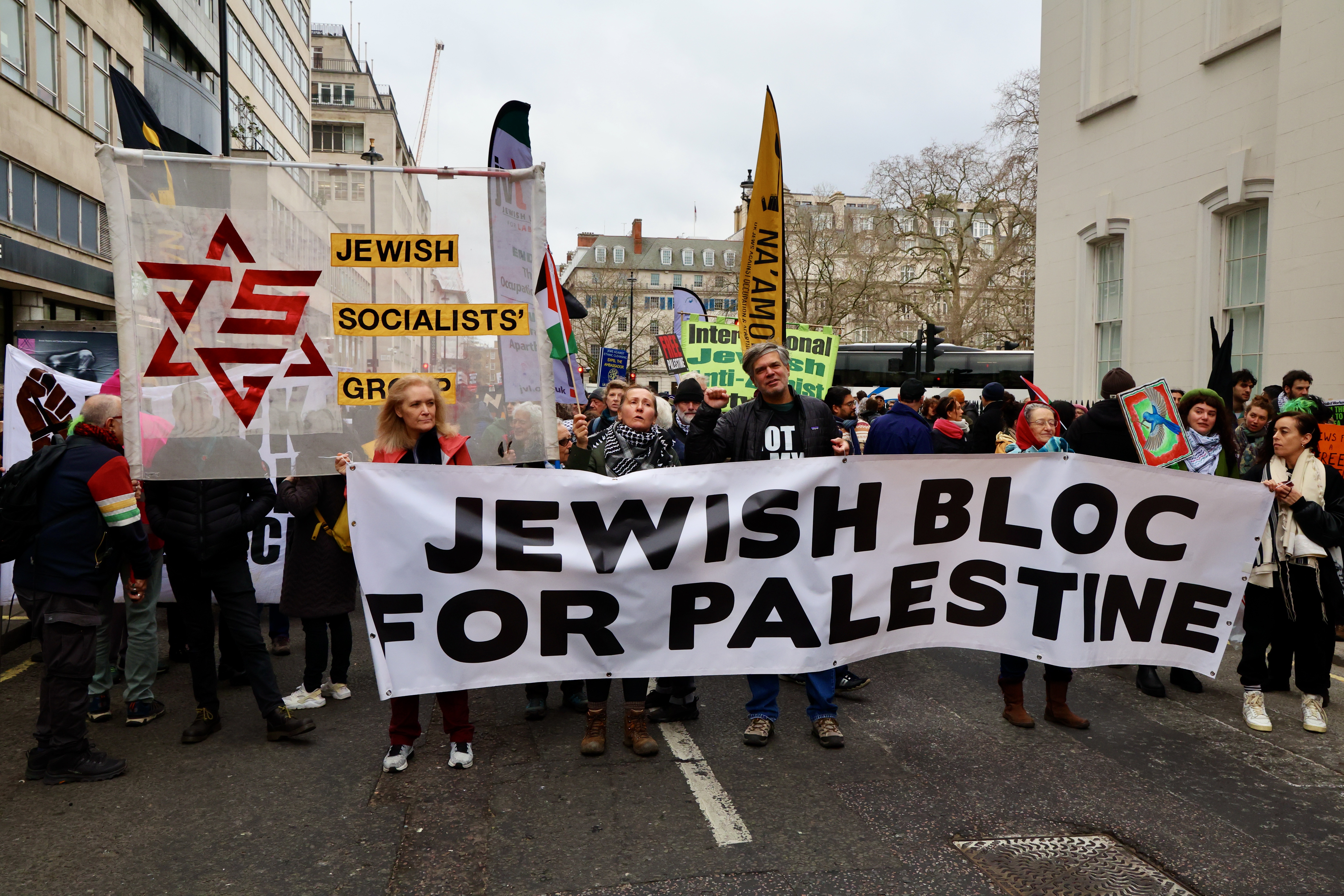
Photos taken at the national ‘Ceasefire Now’ demo in Central London, Saturday 3rd February. Additional photos may be viewed here
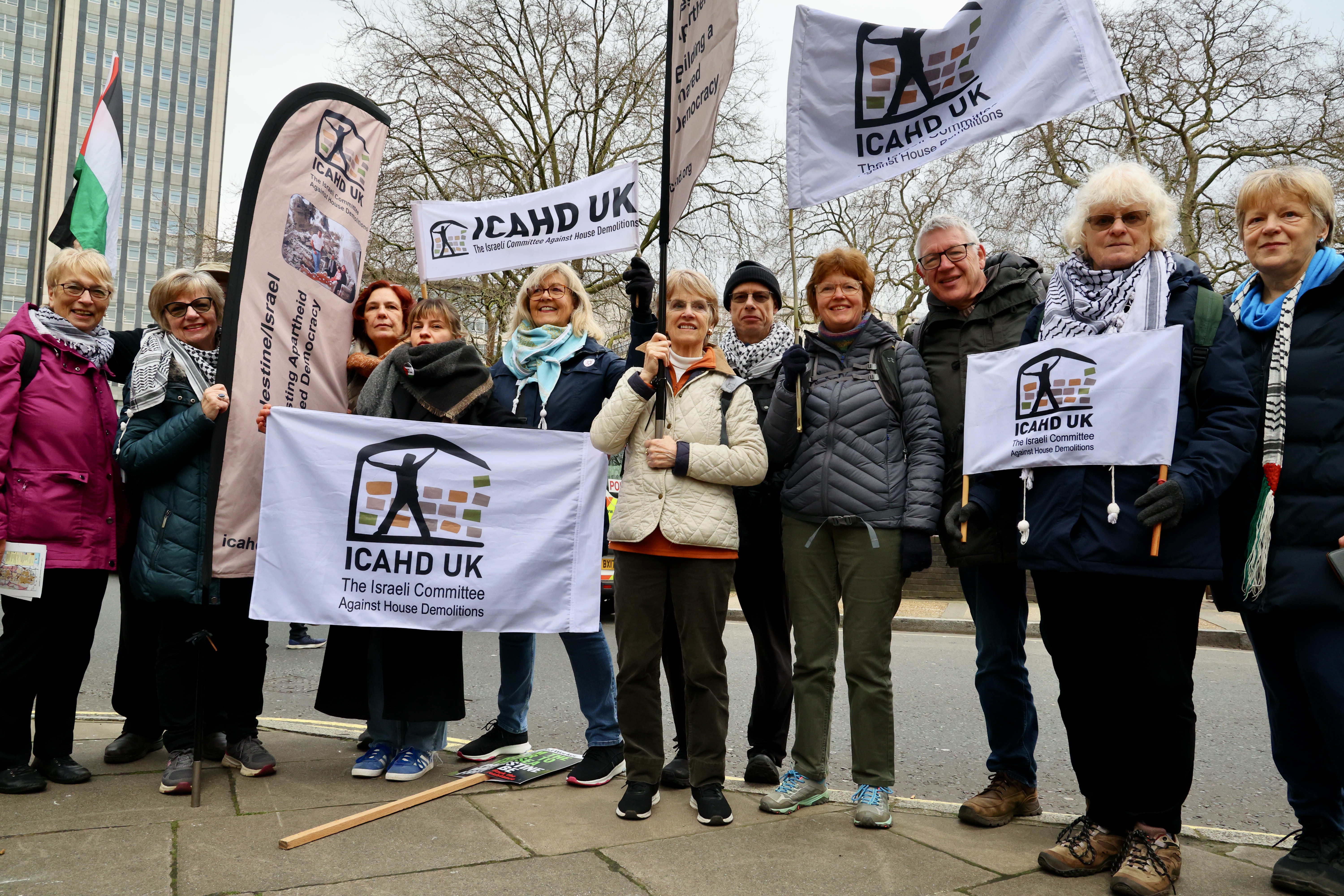
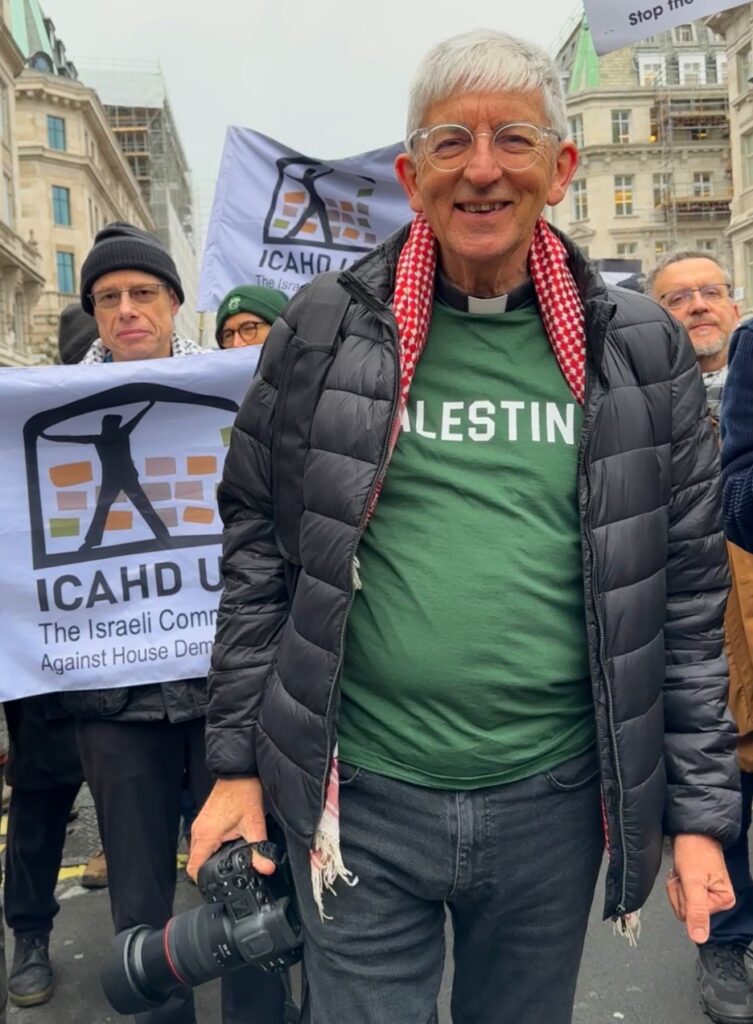
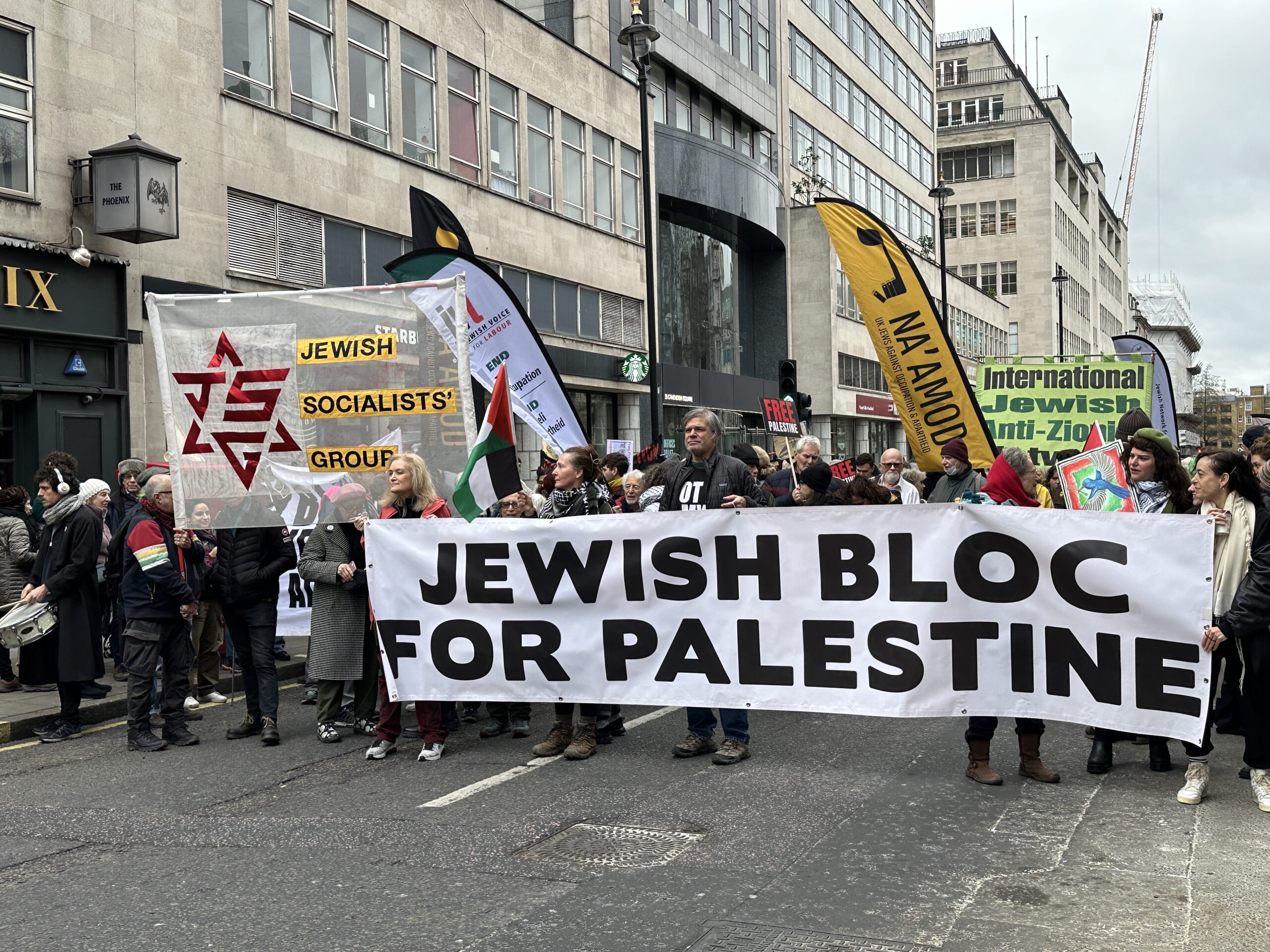
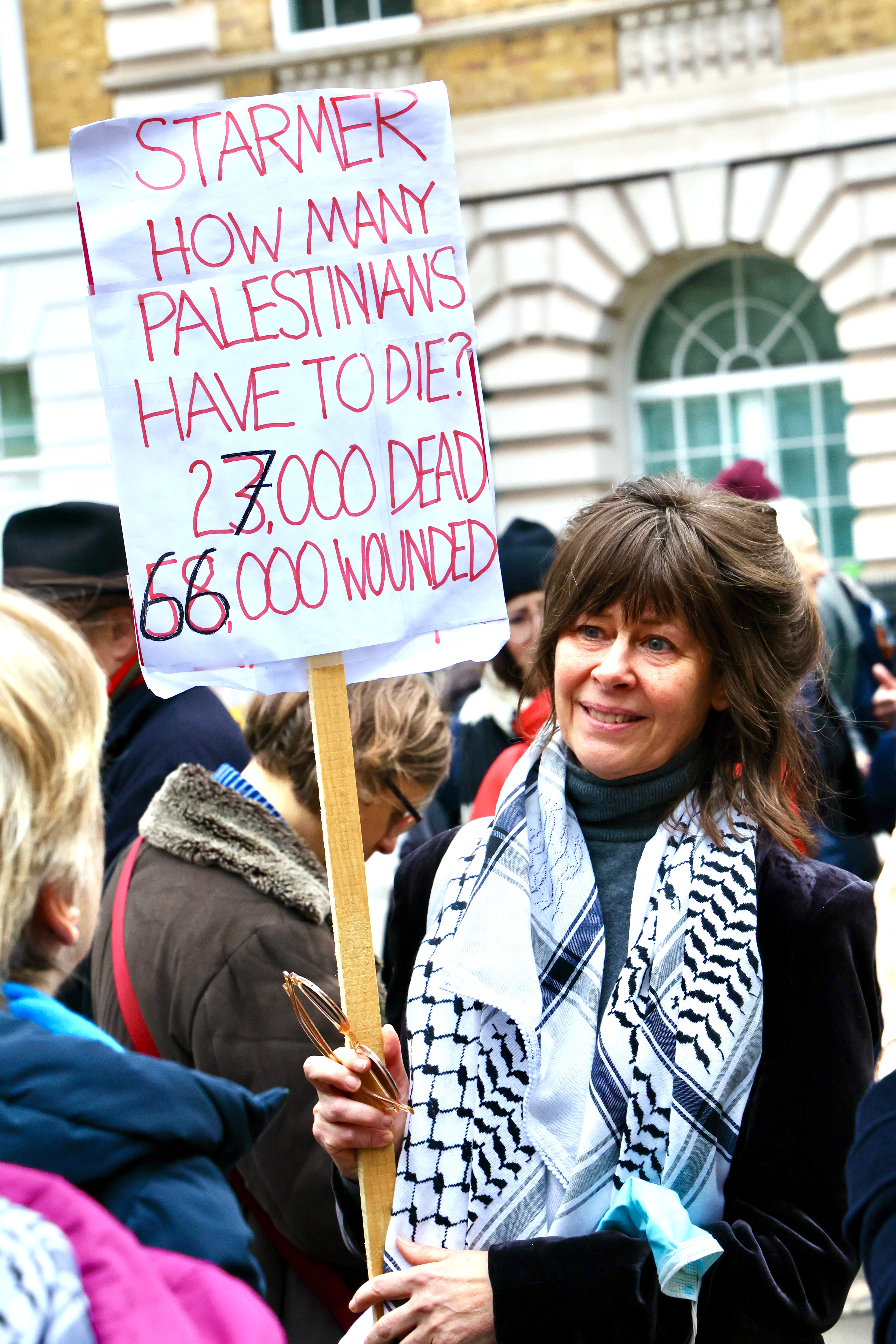
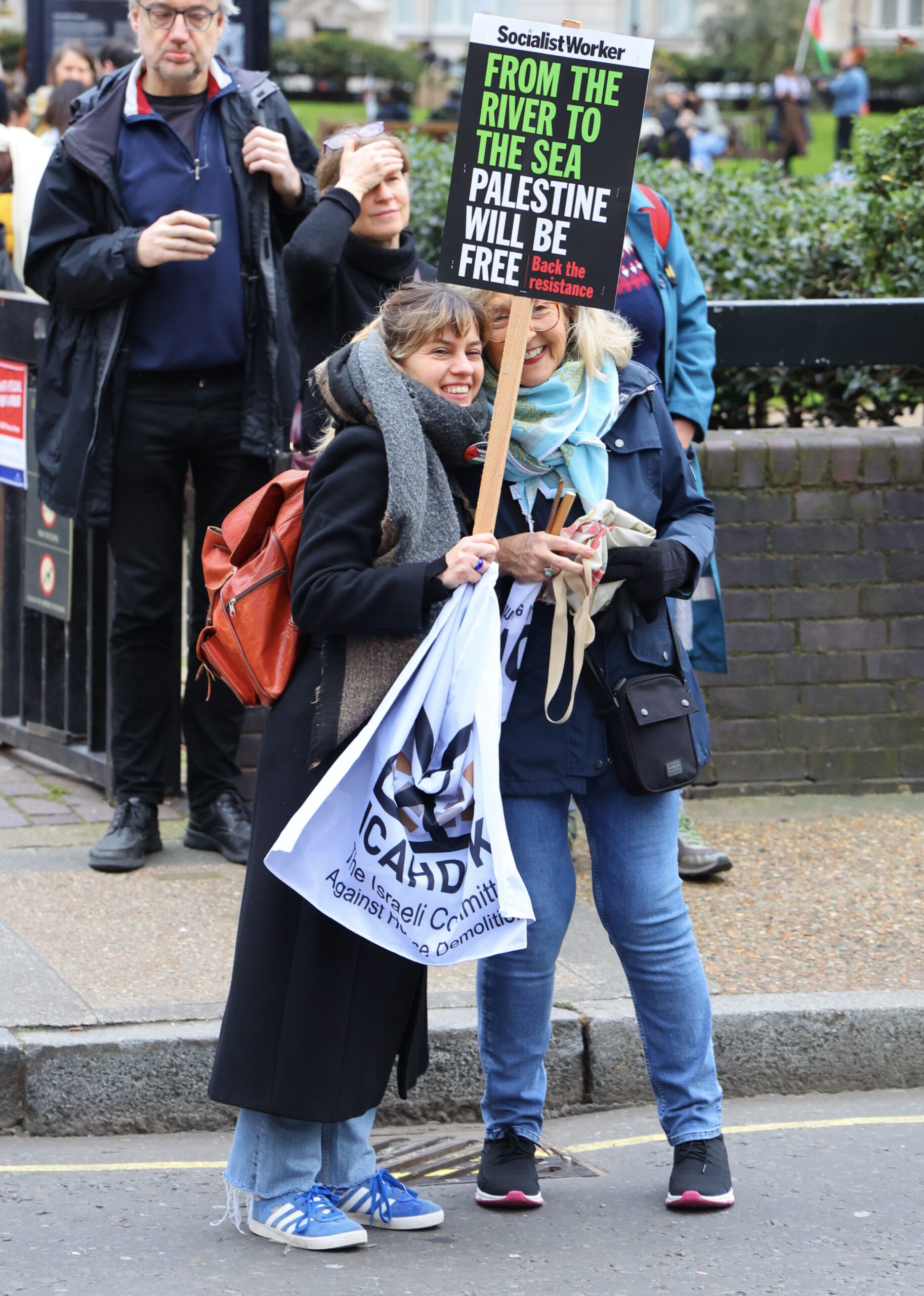
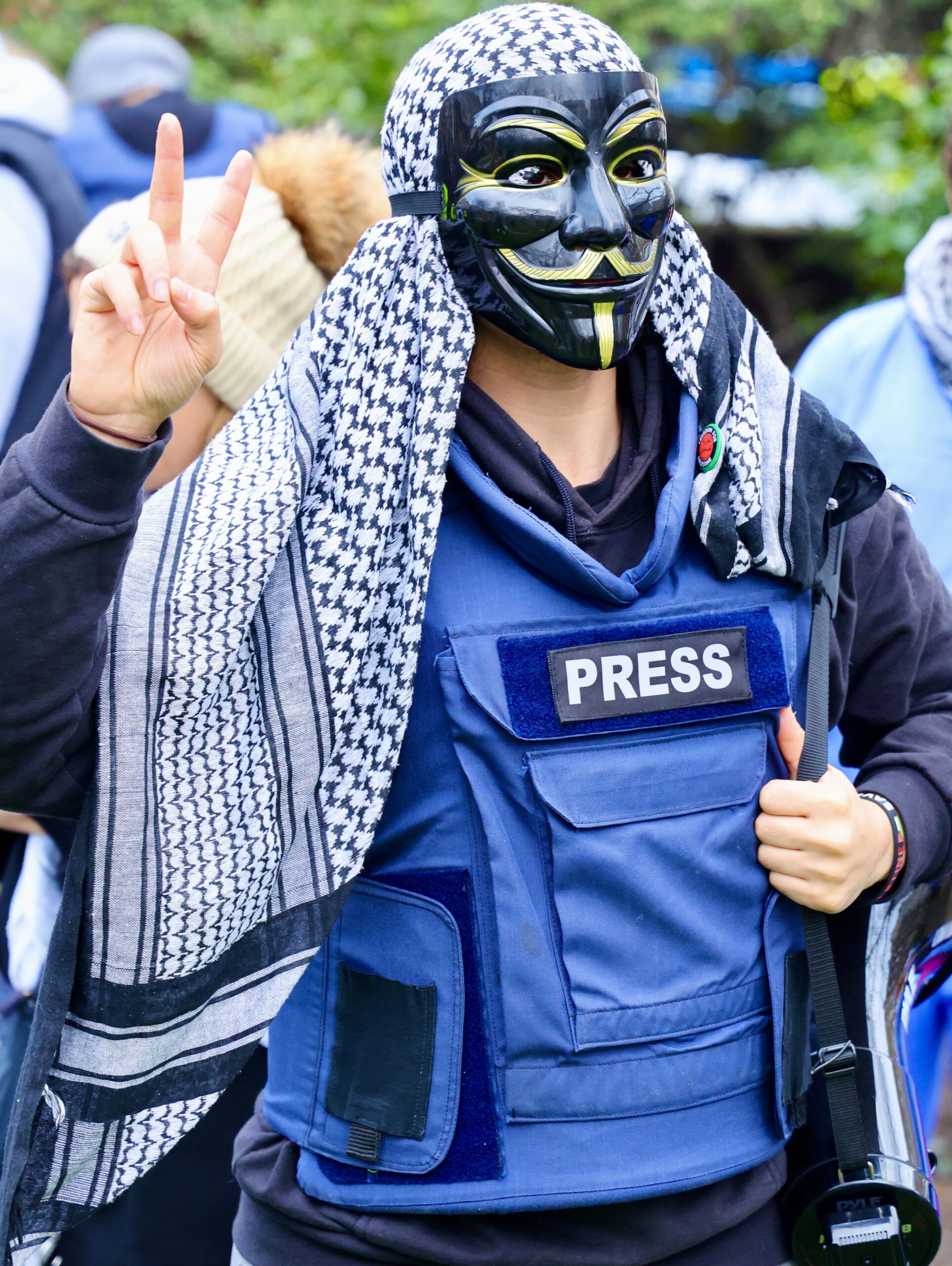
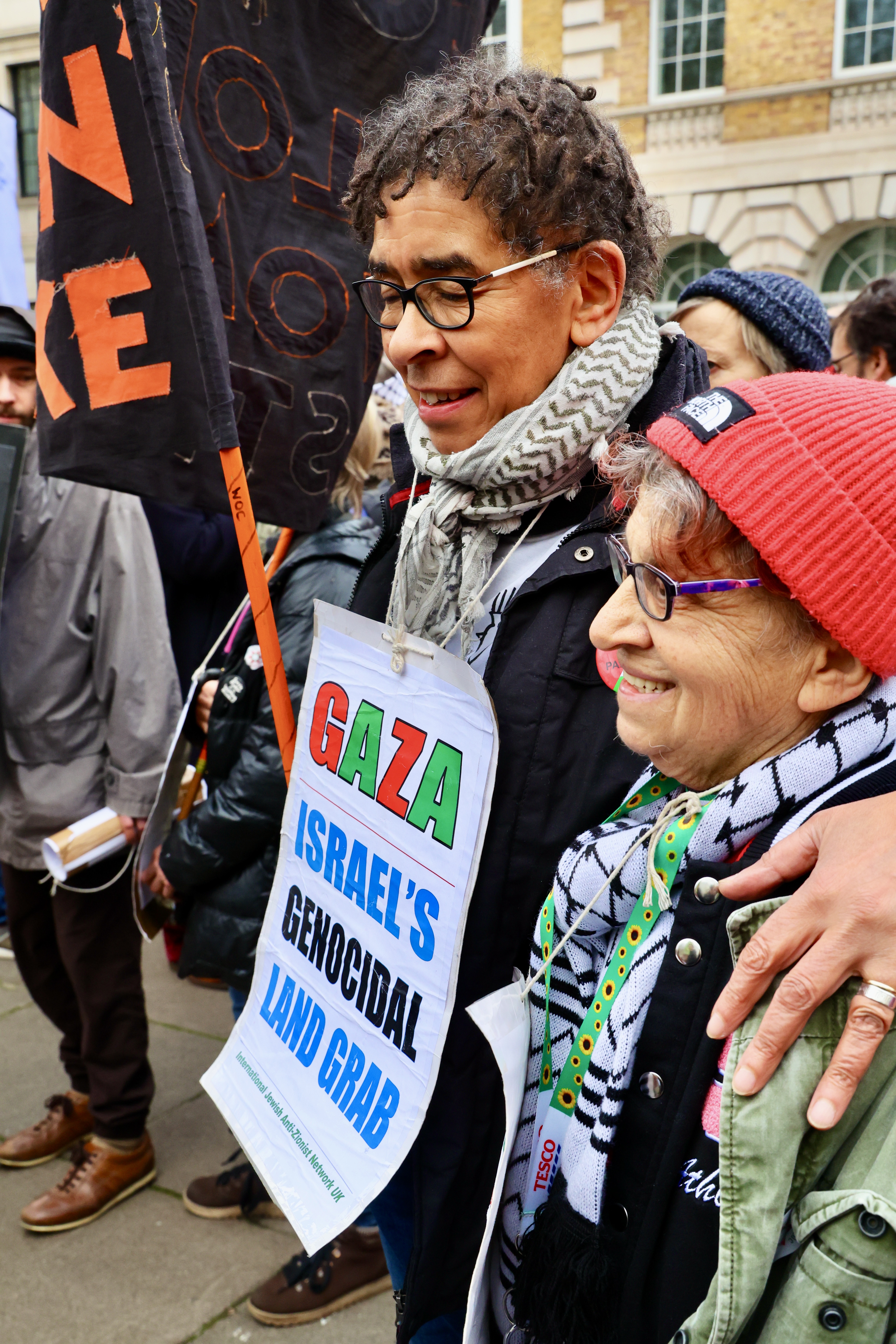
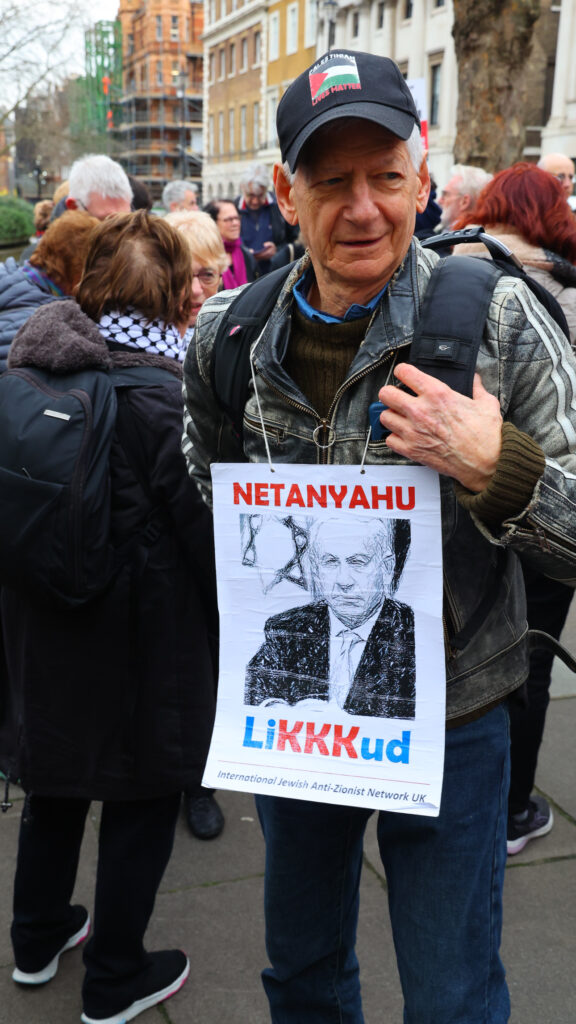
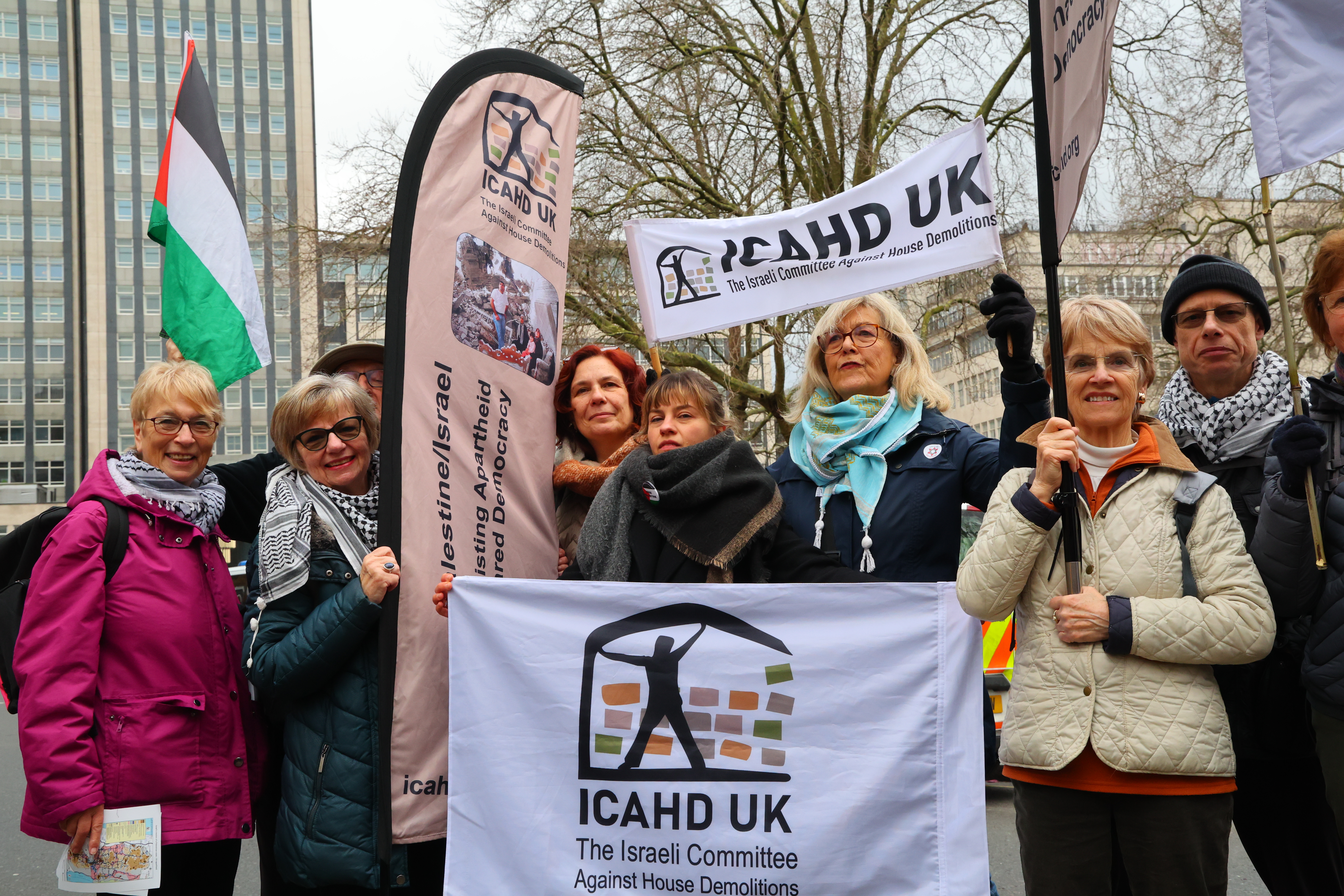
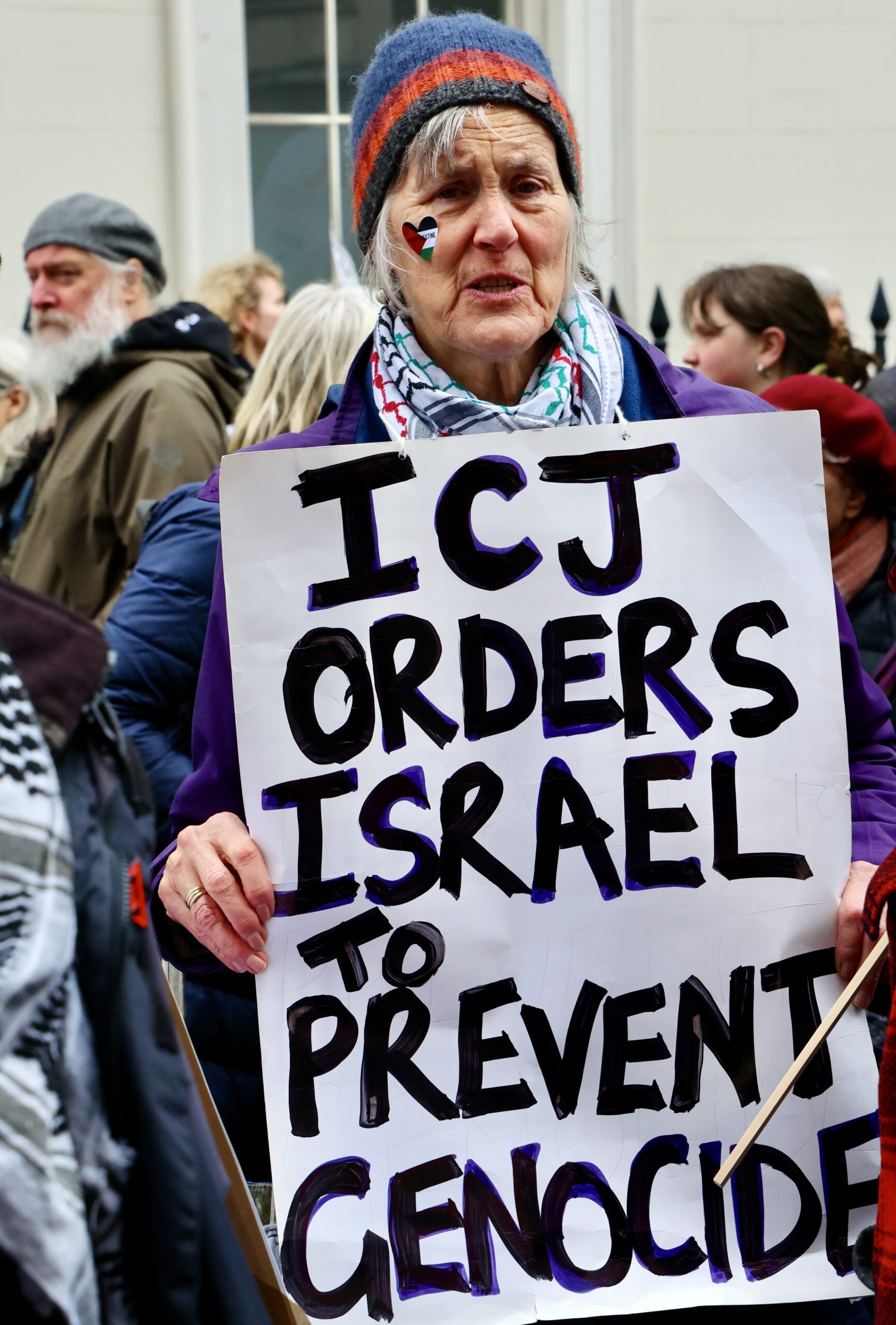
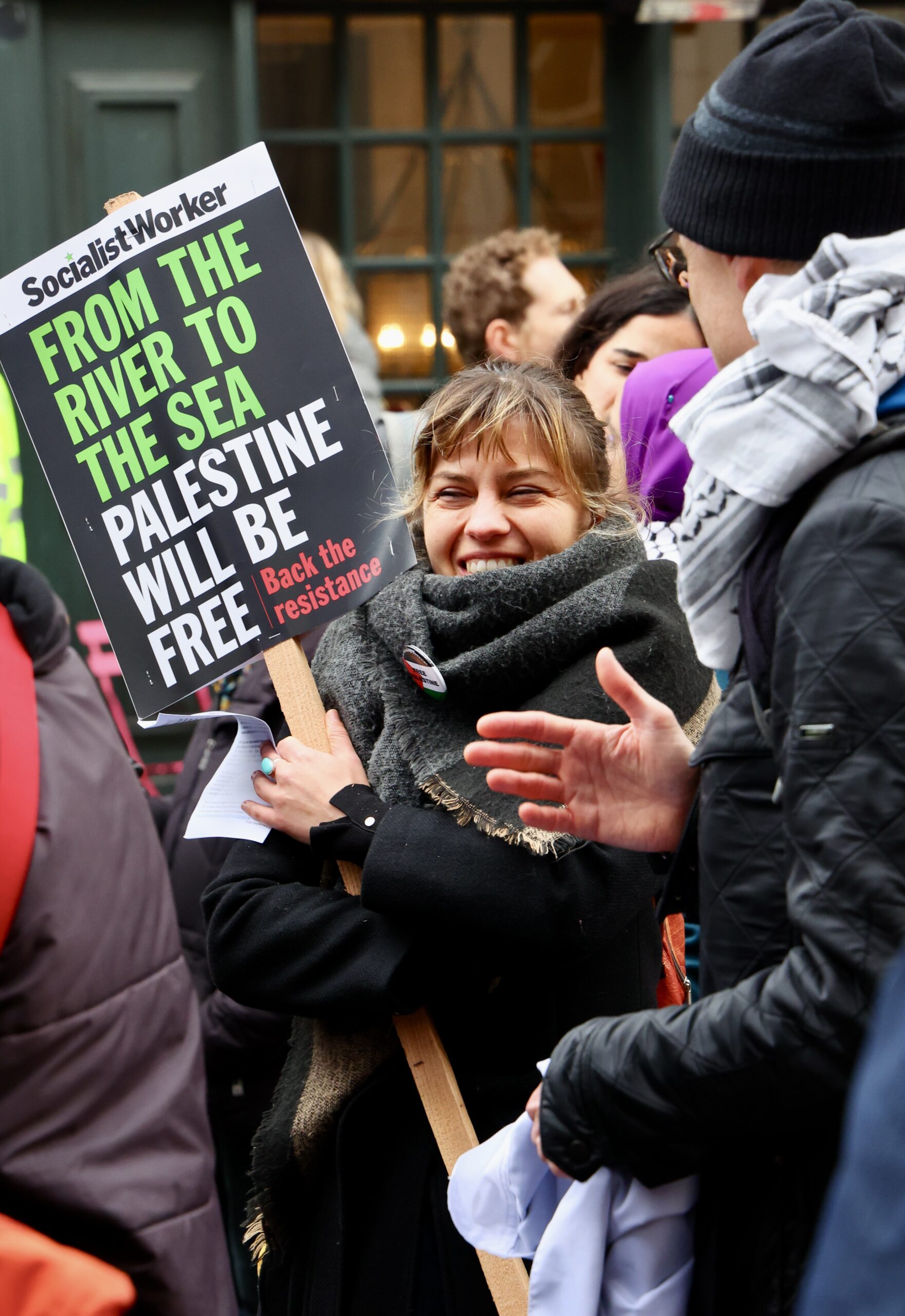
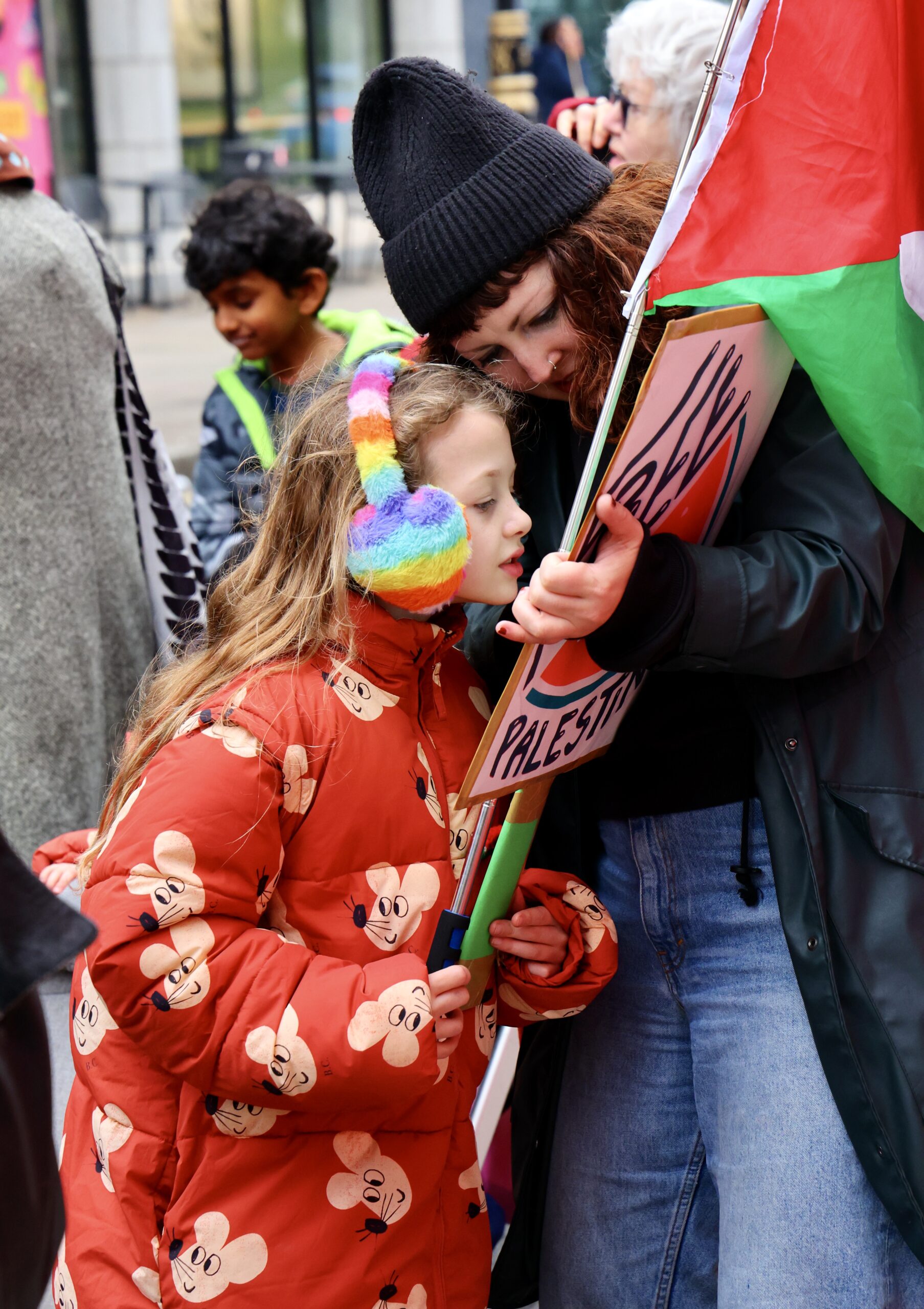
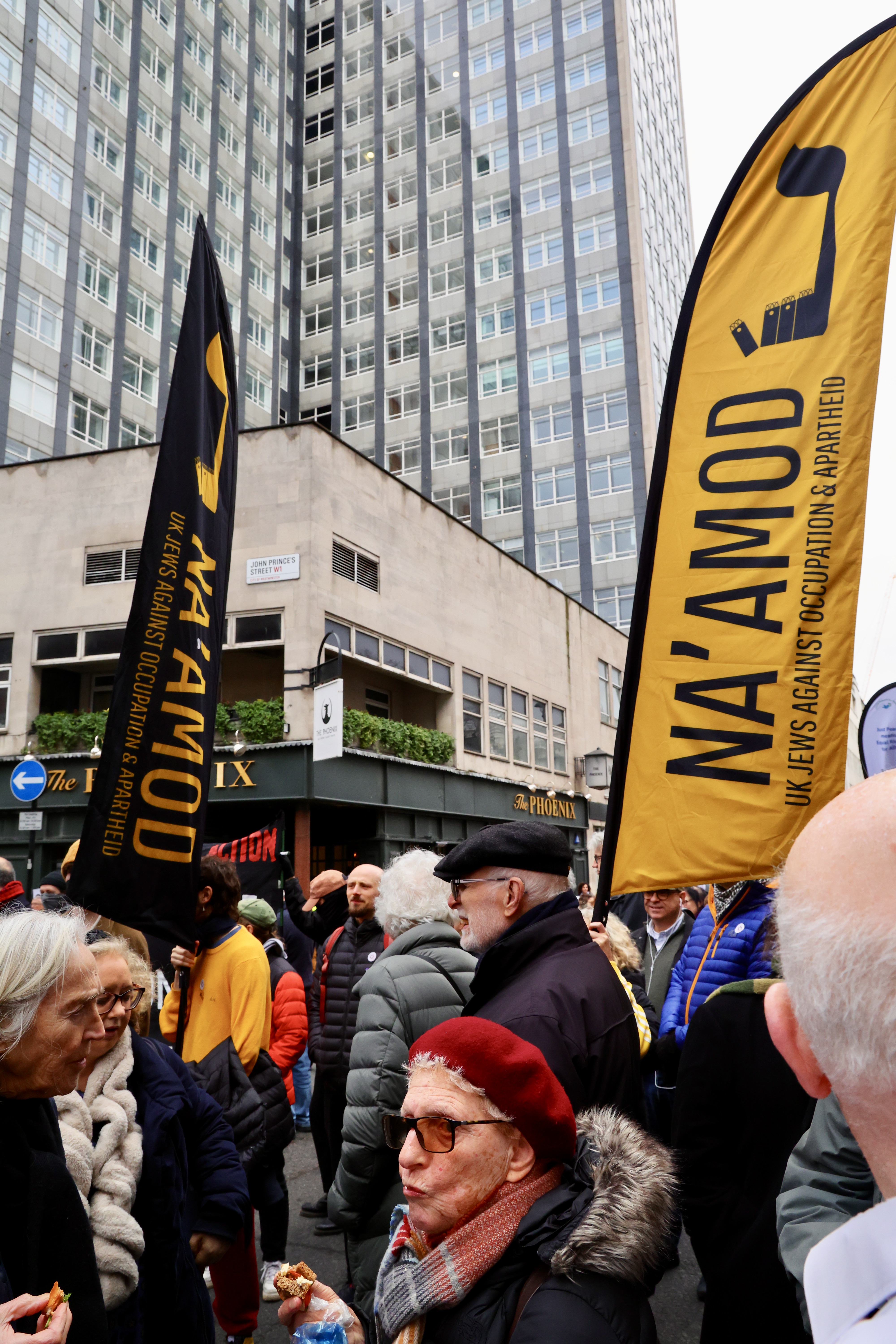
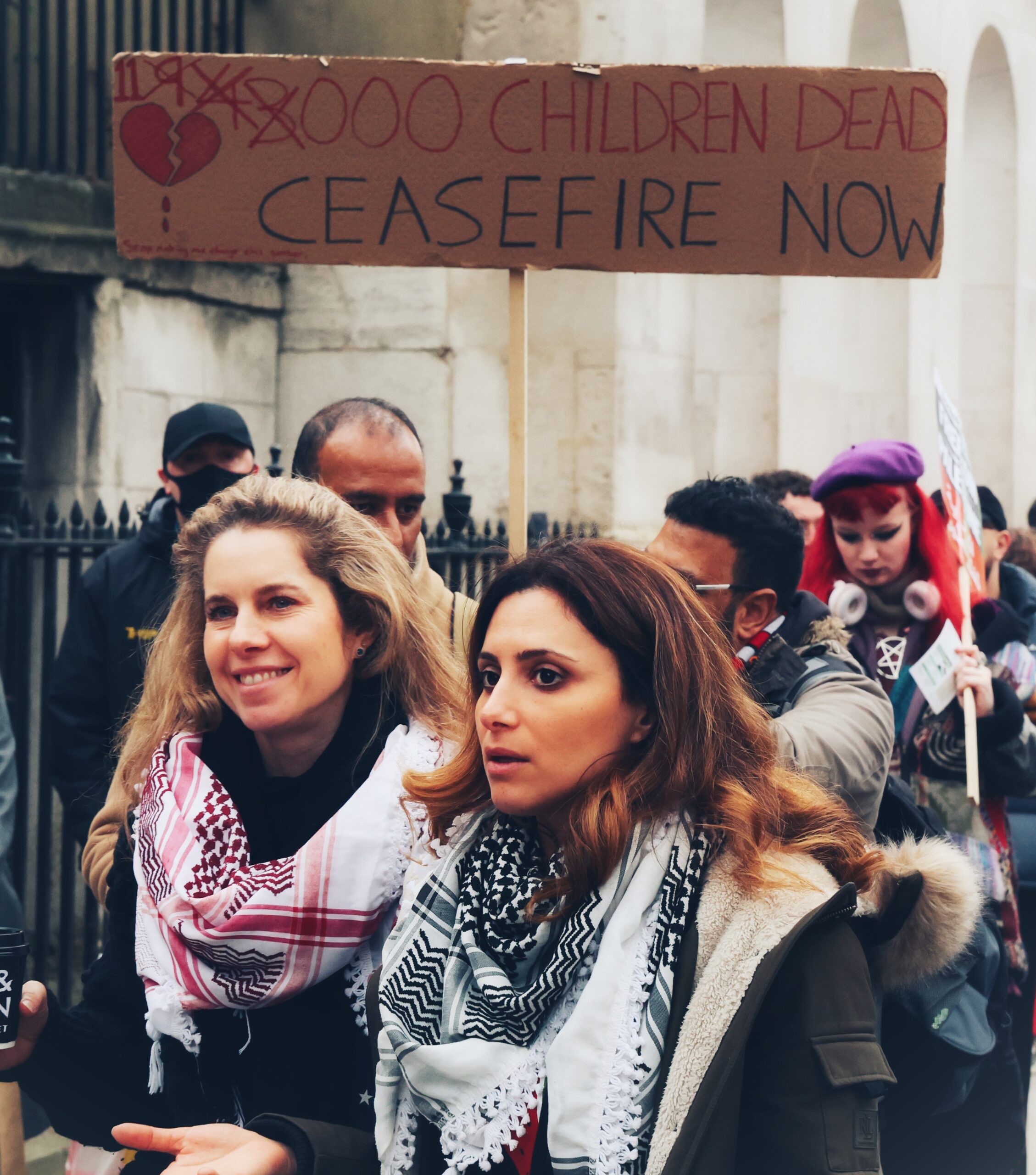
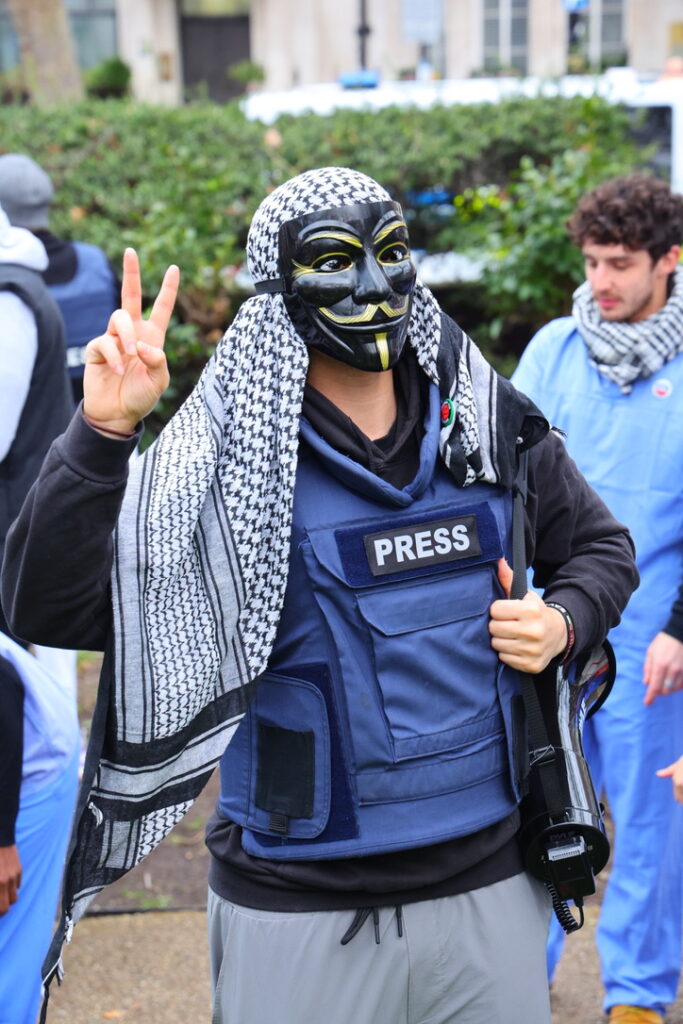
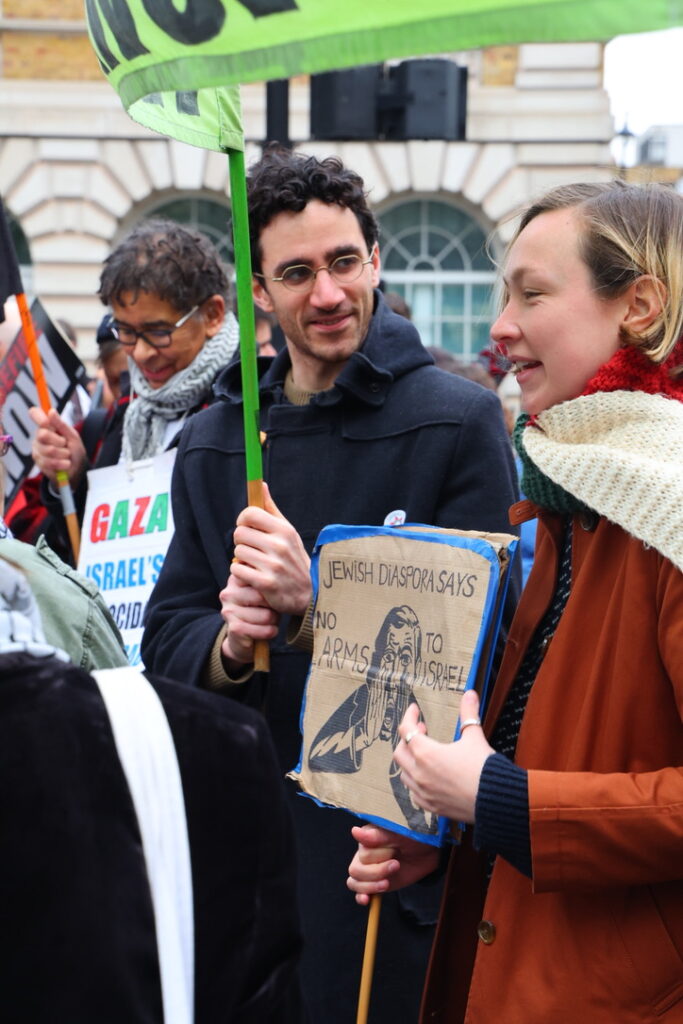
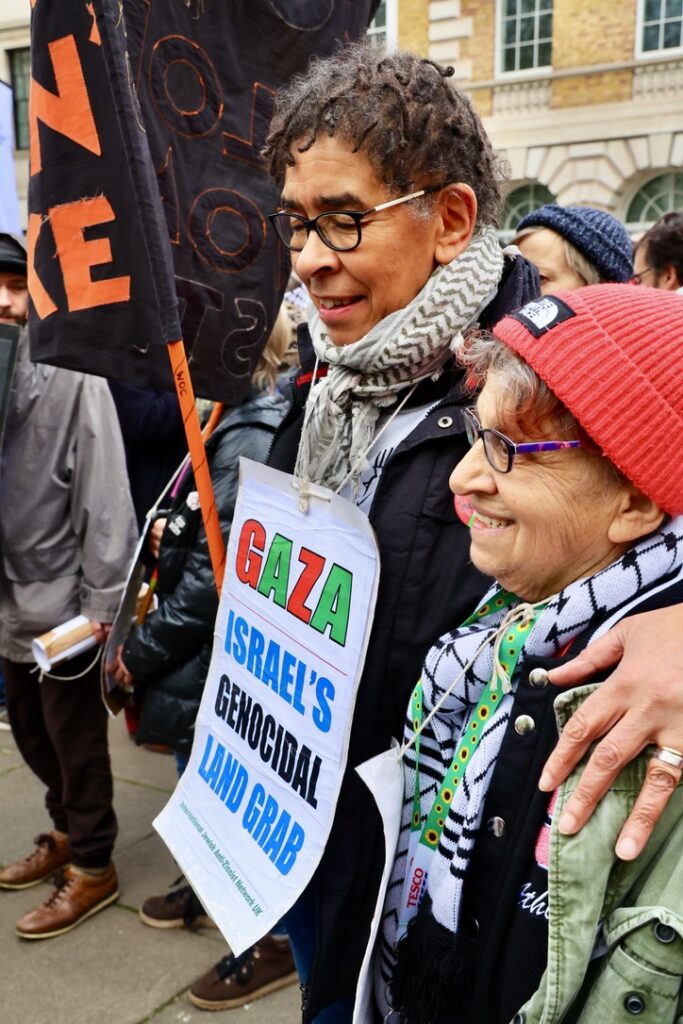
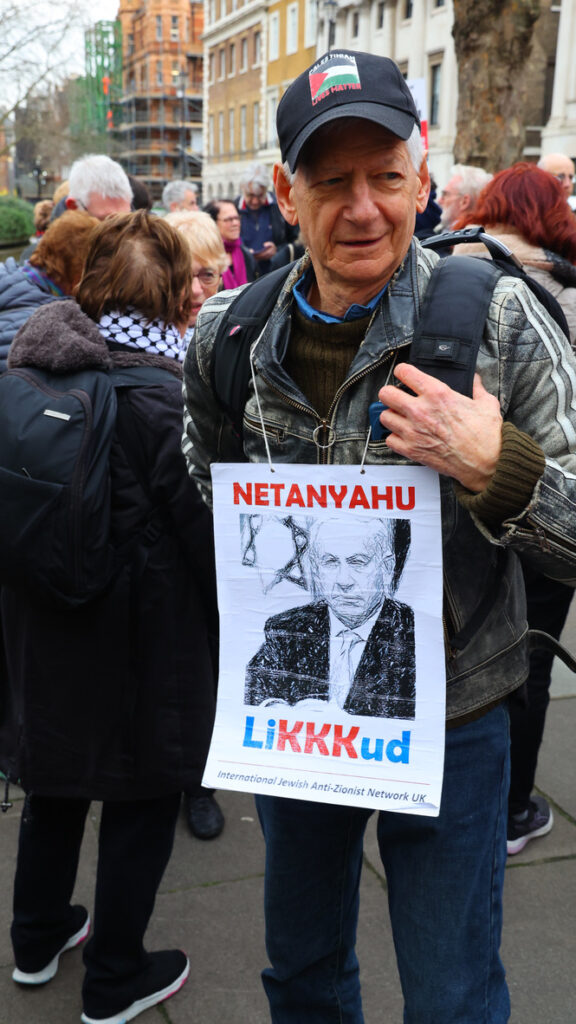
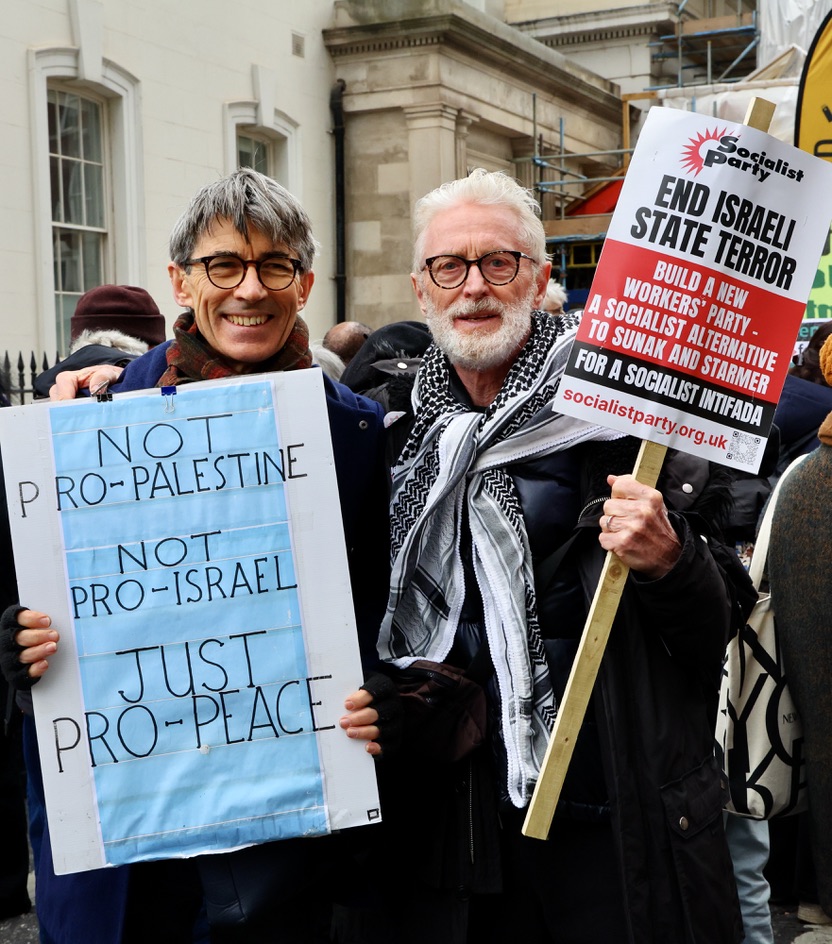
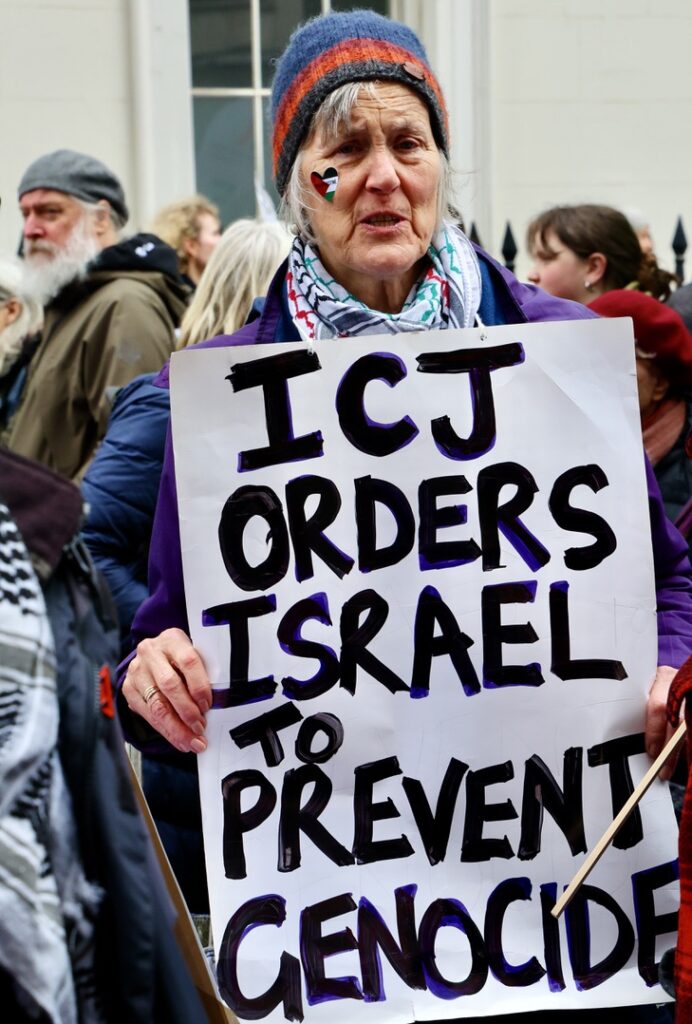
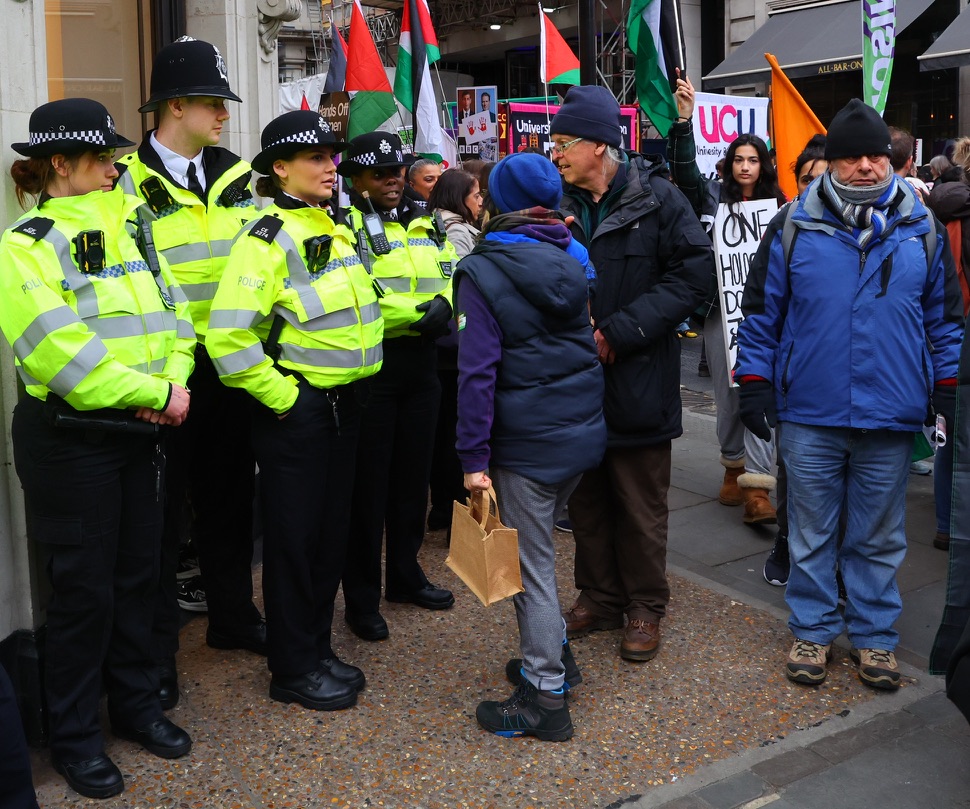
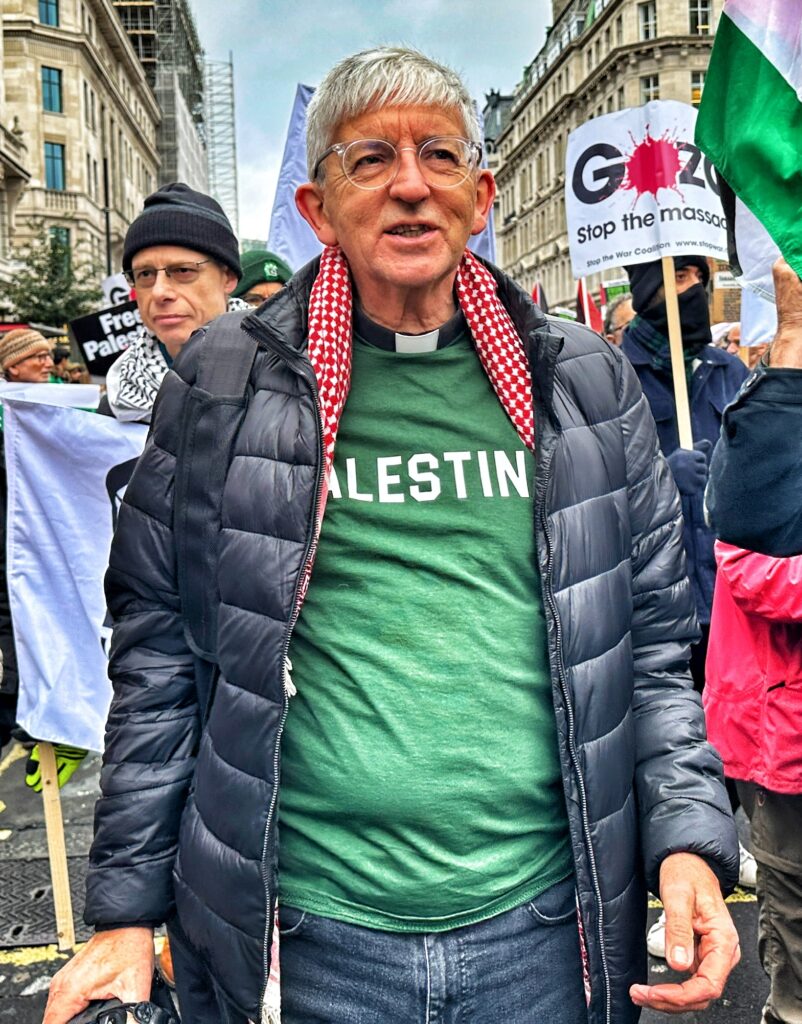
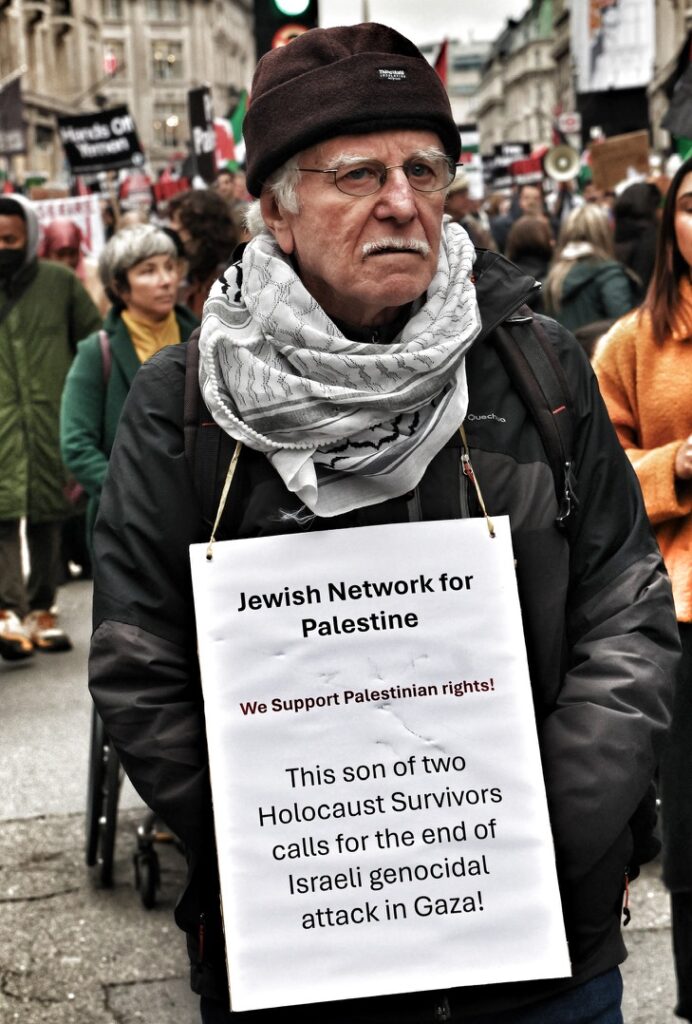
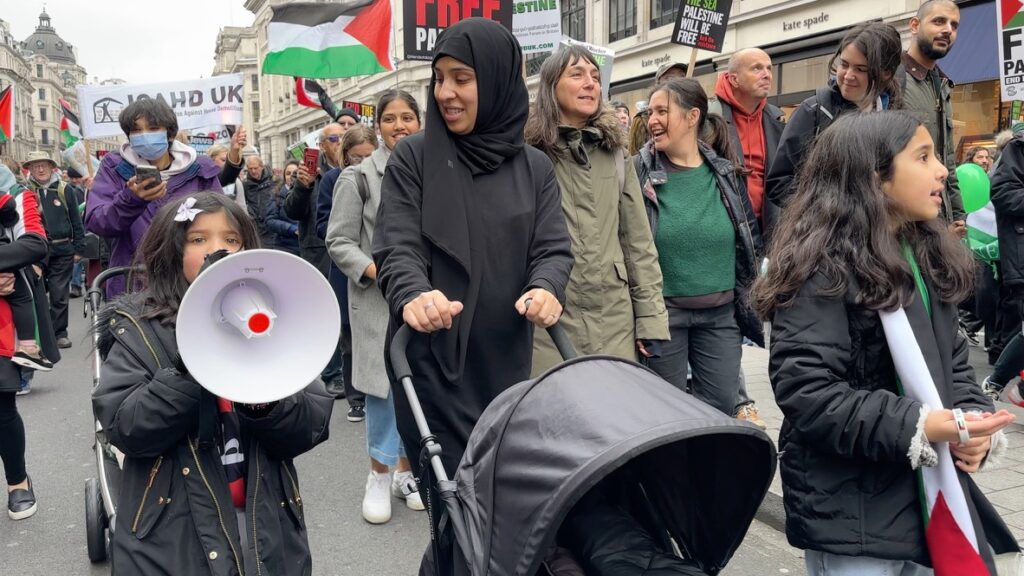
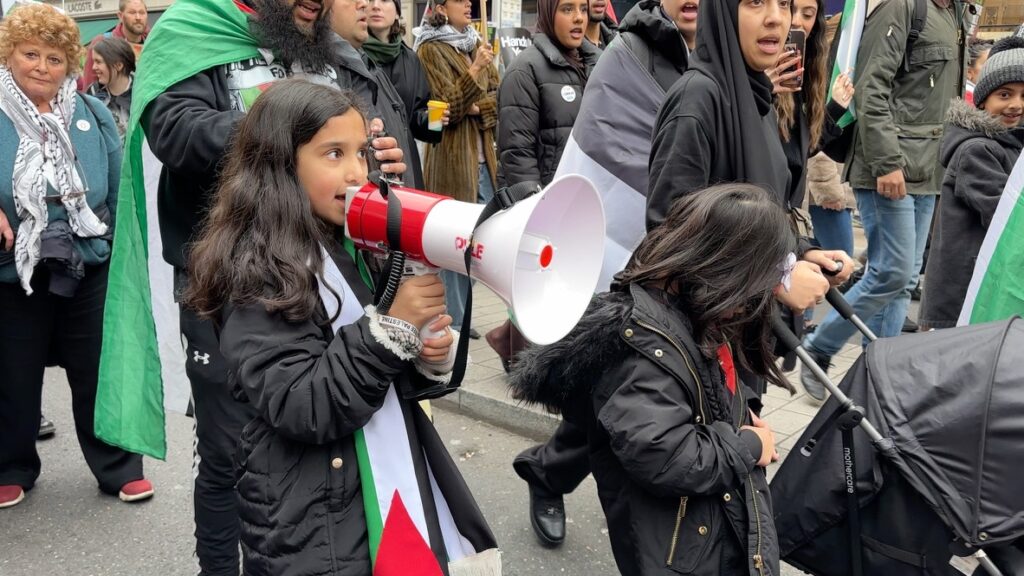
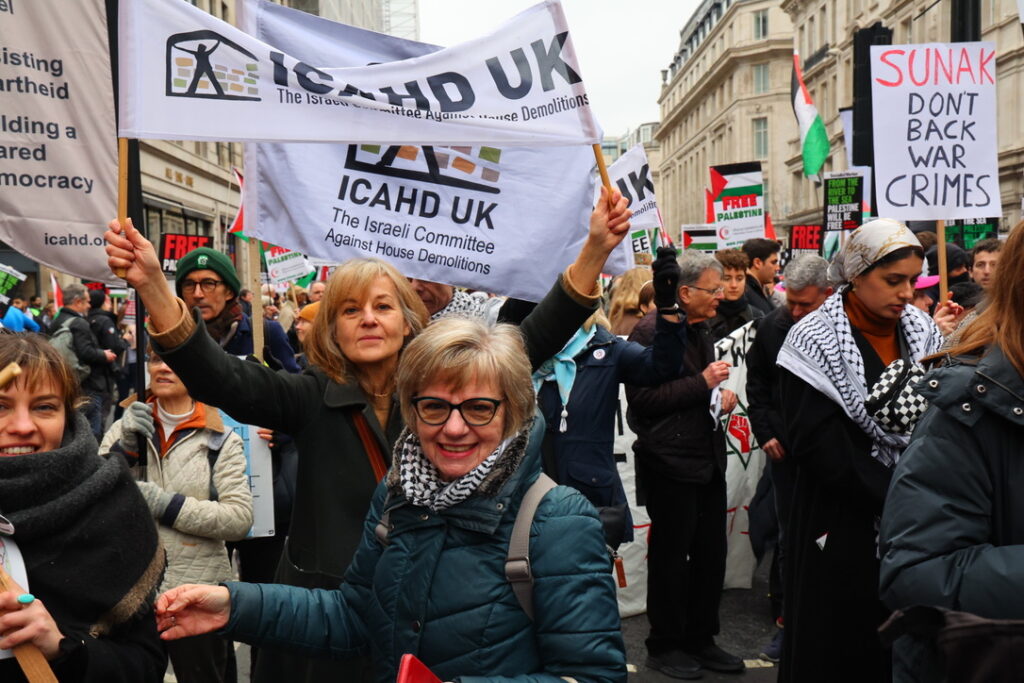
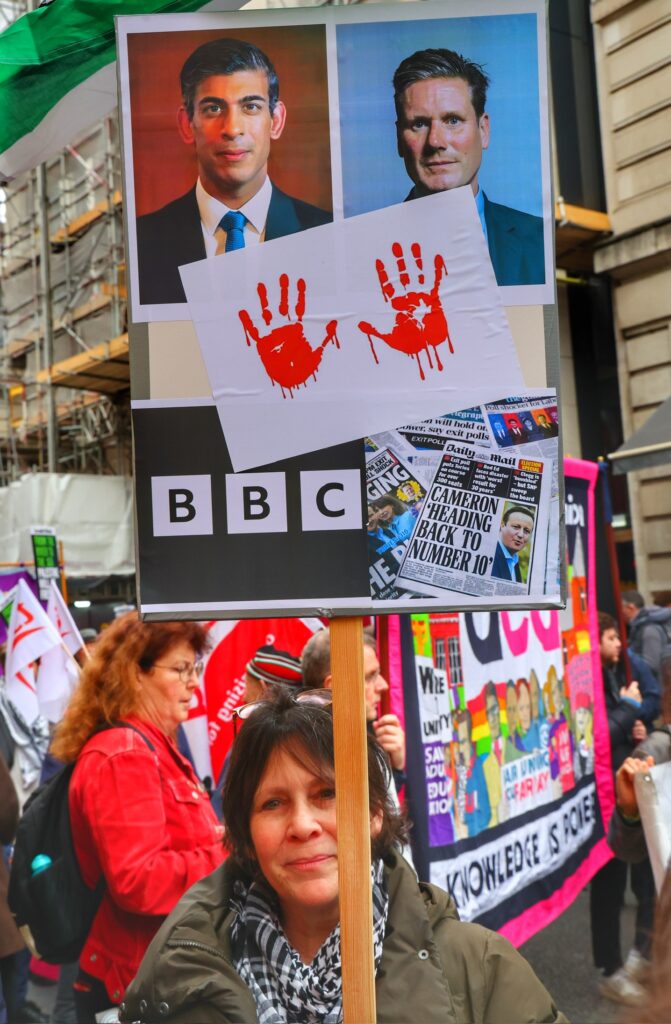
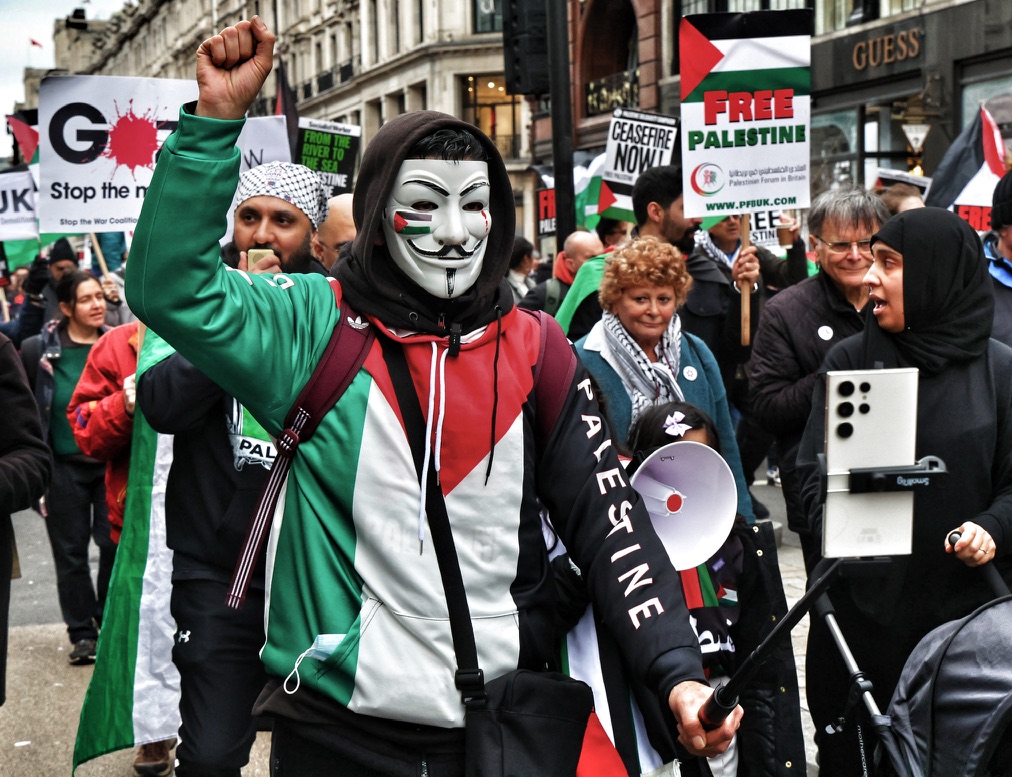
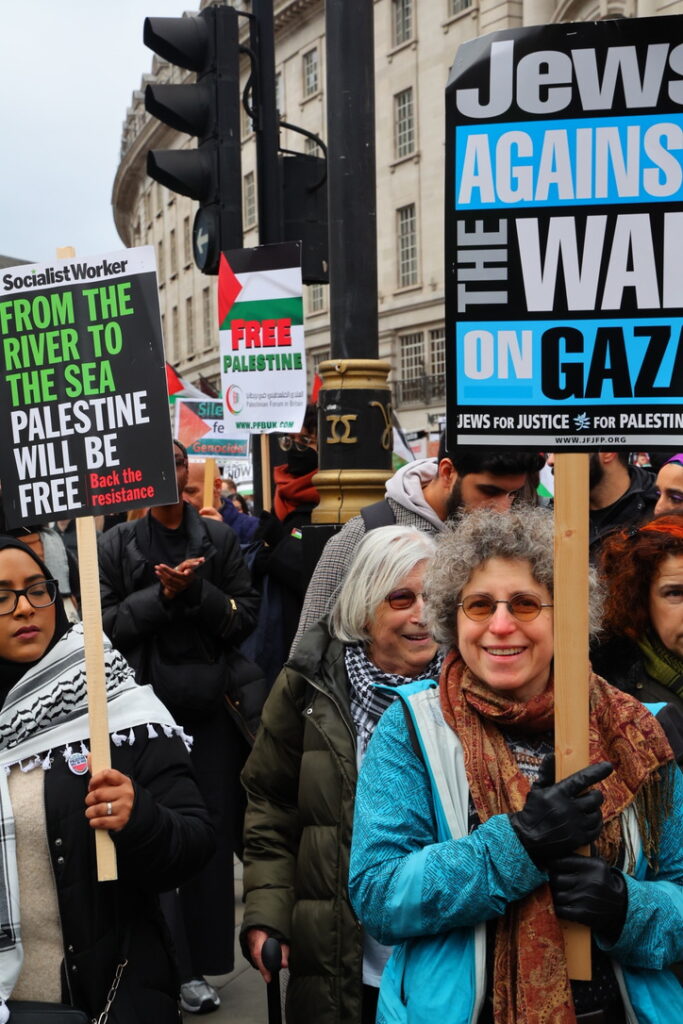
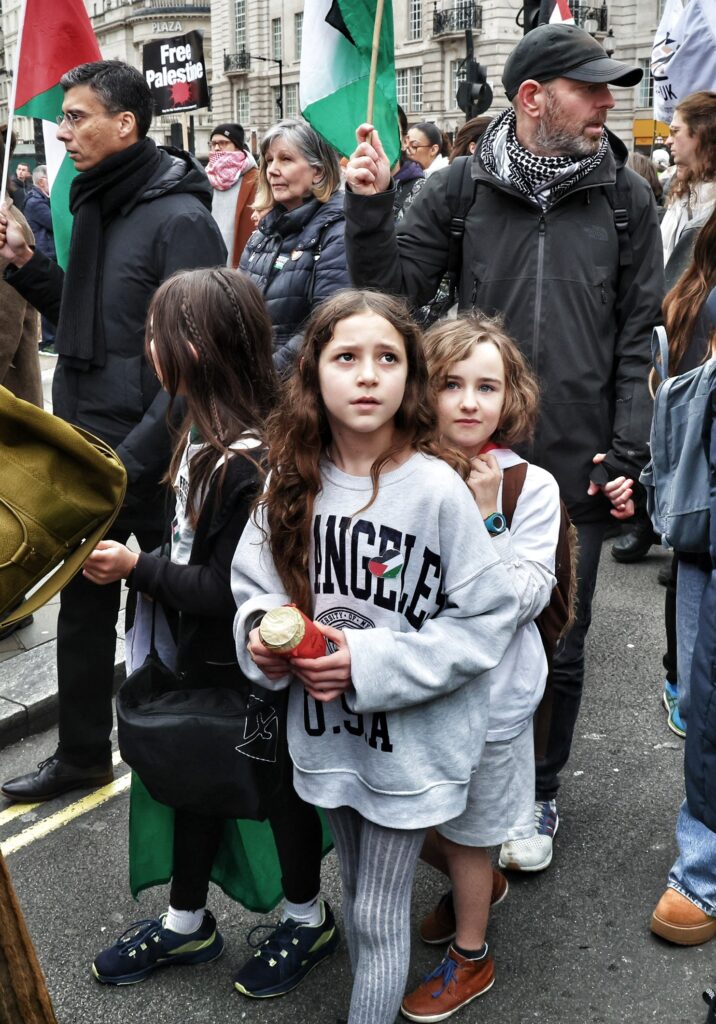
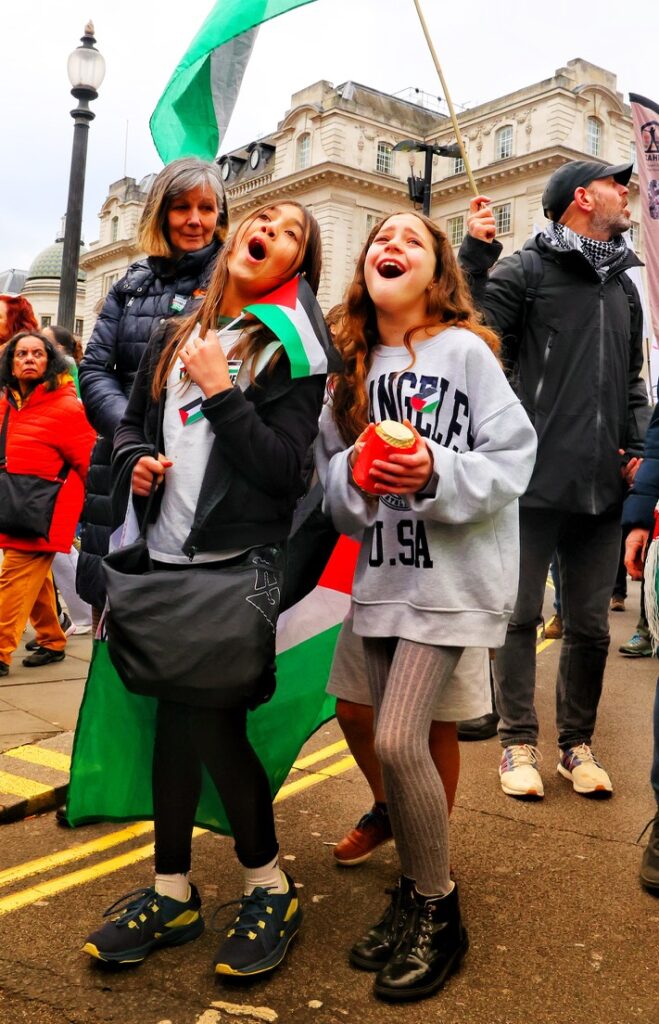
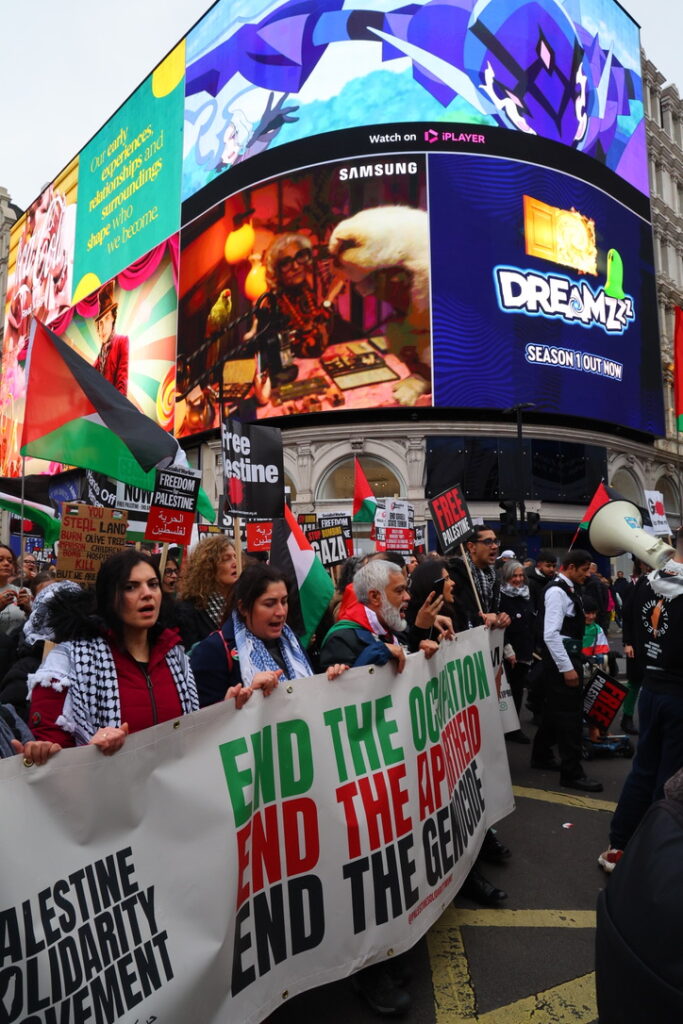
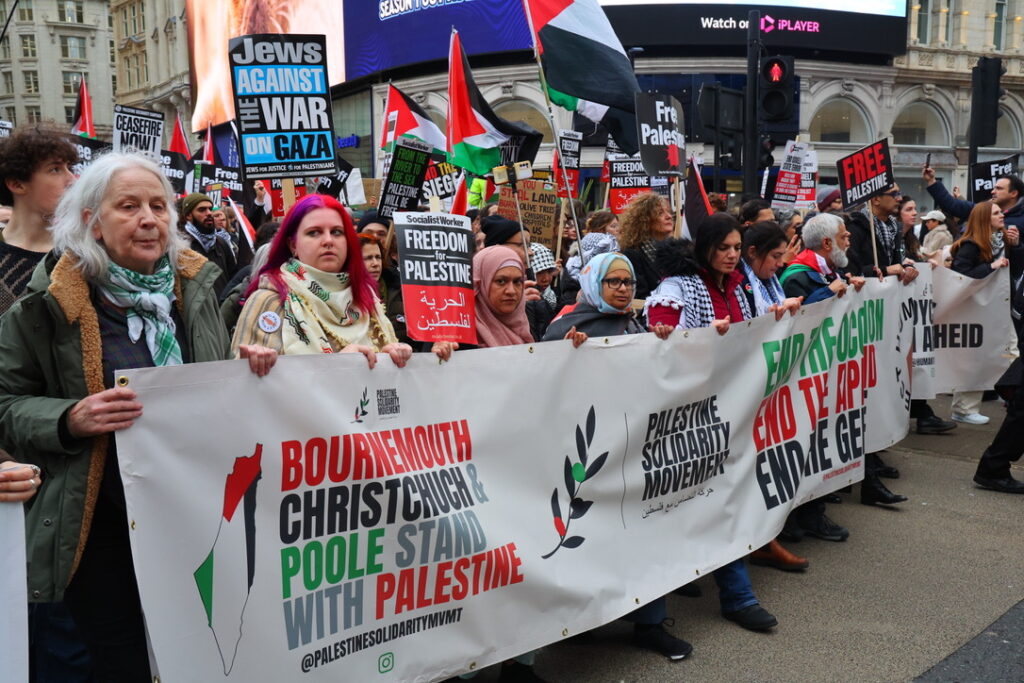
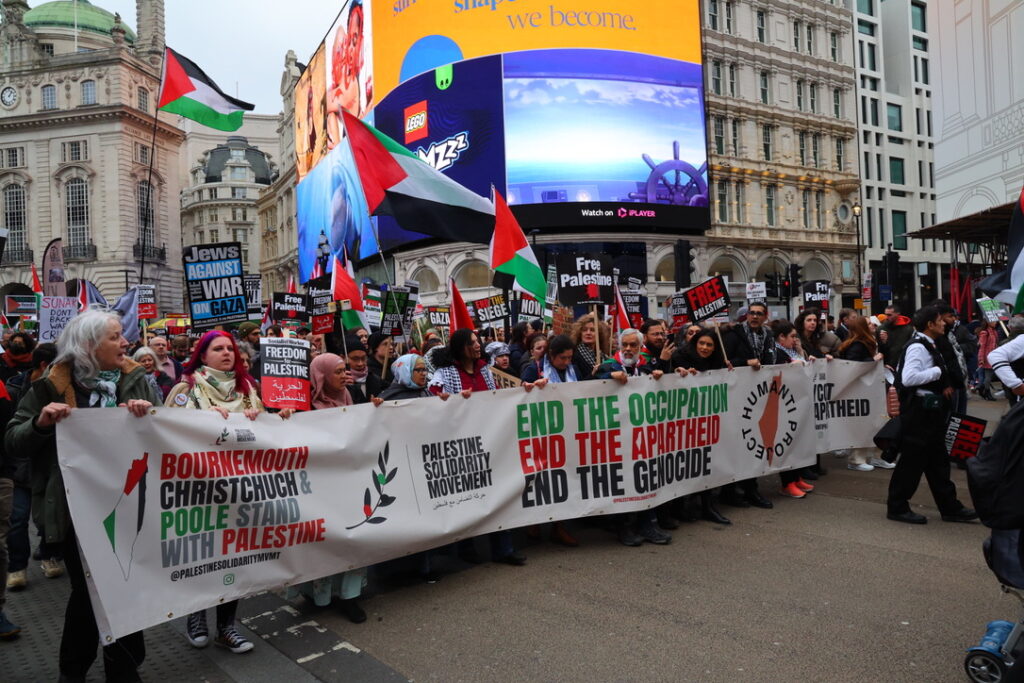
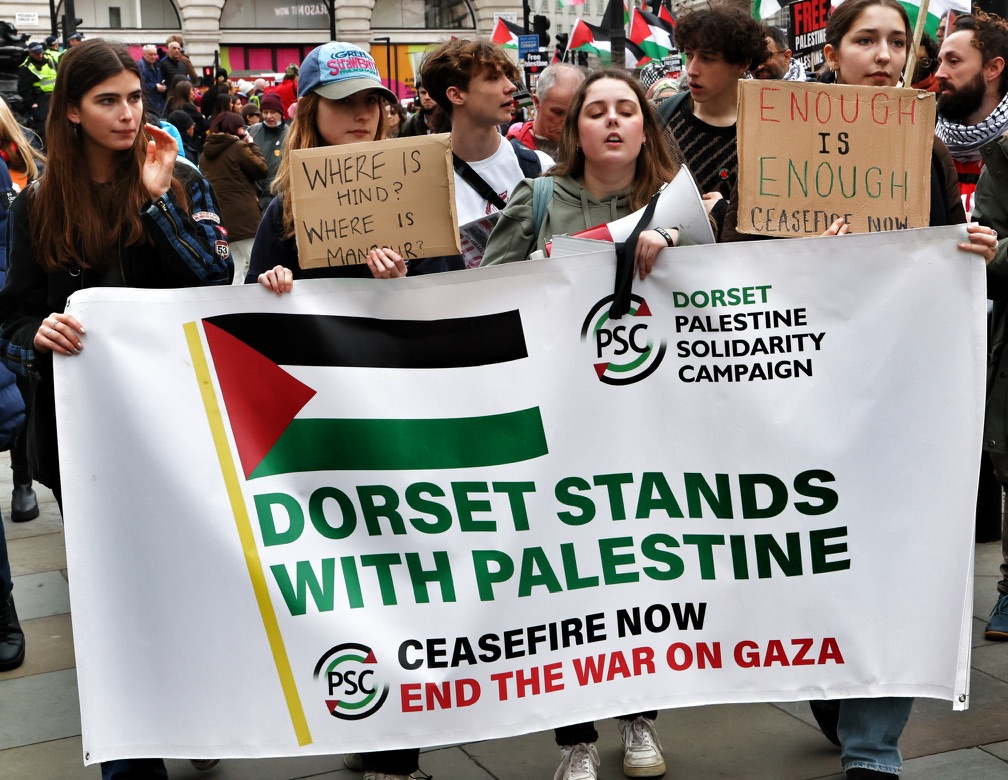
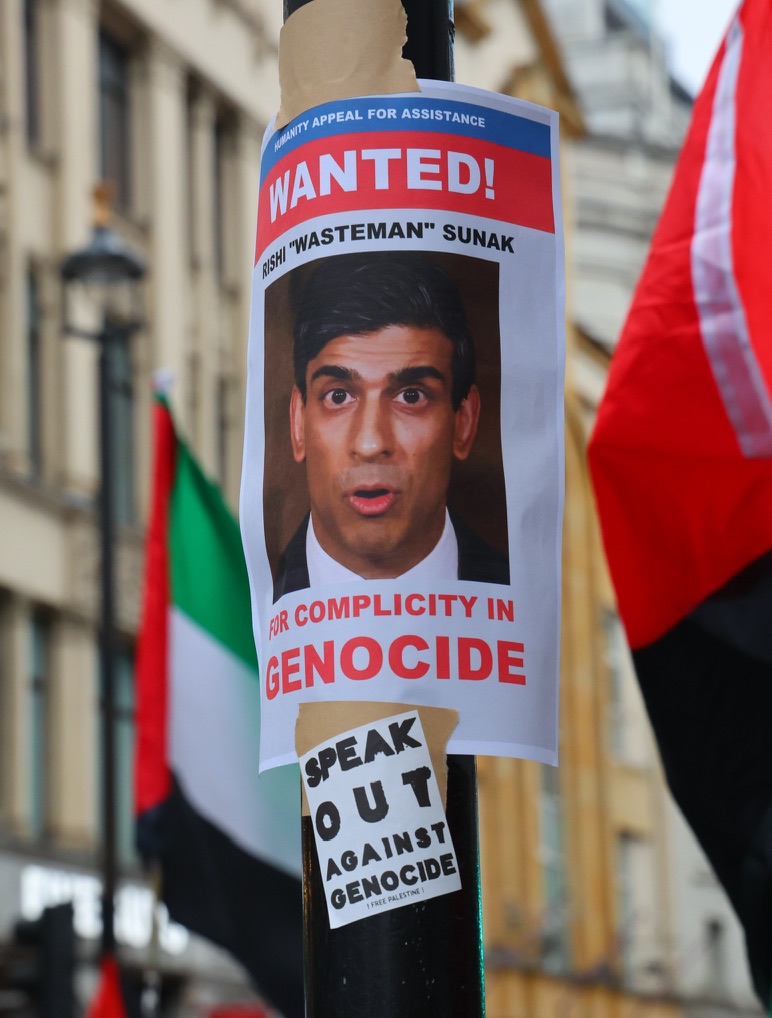

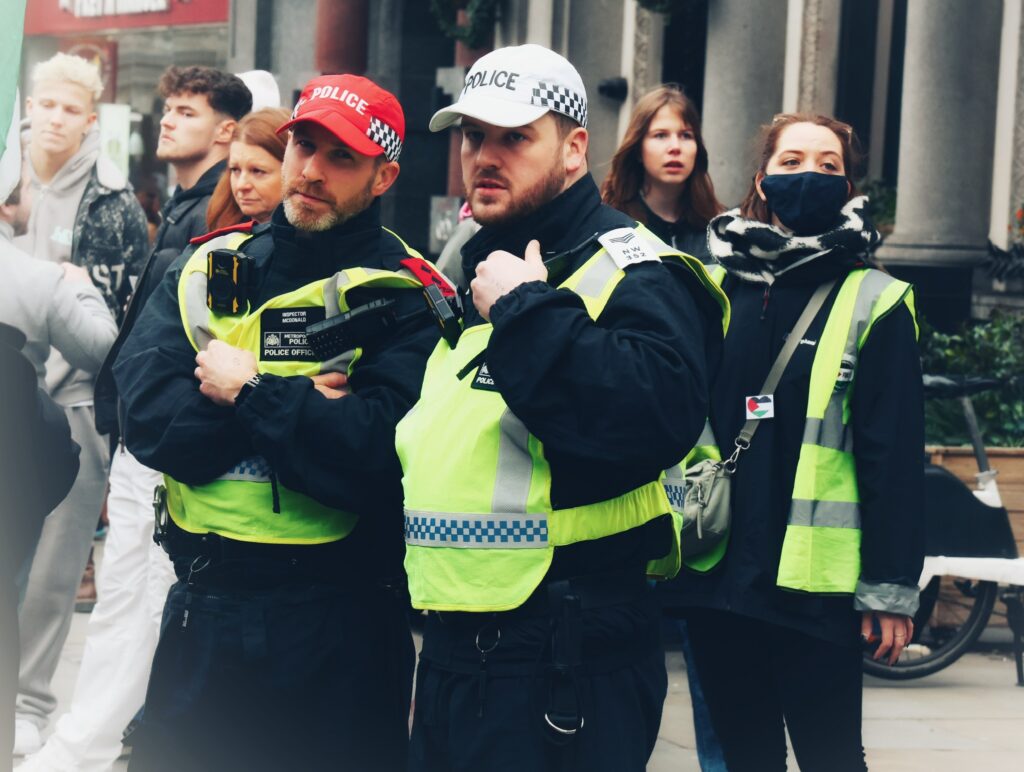
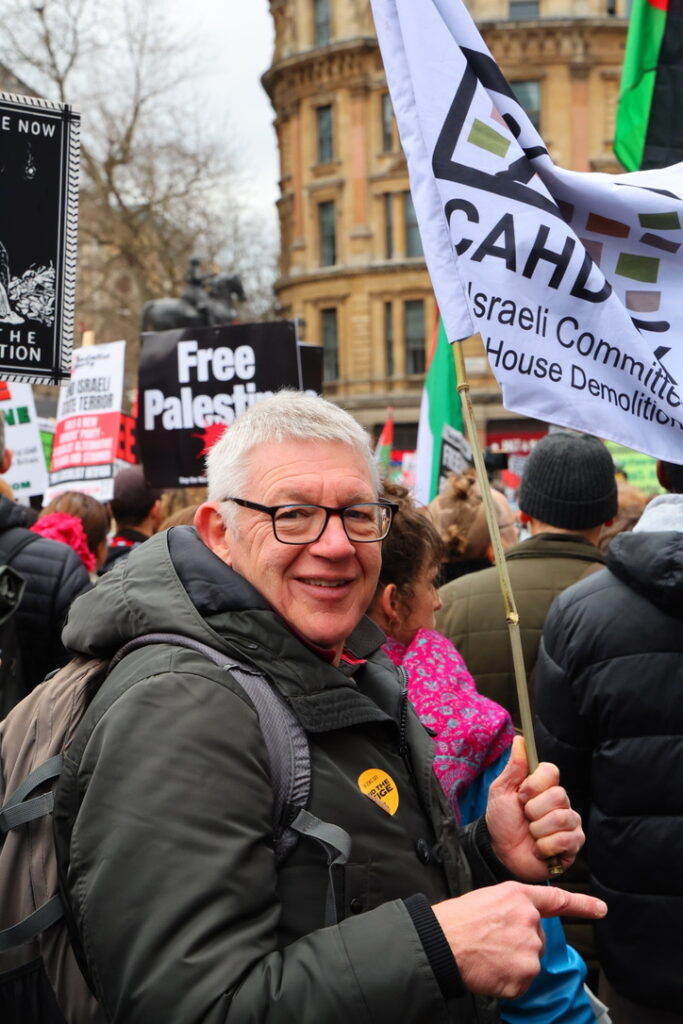
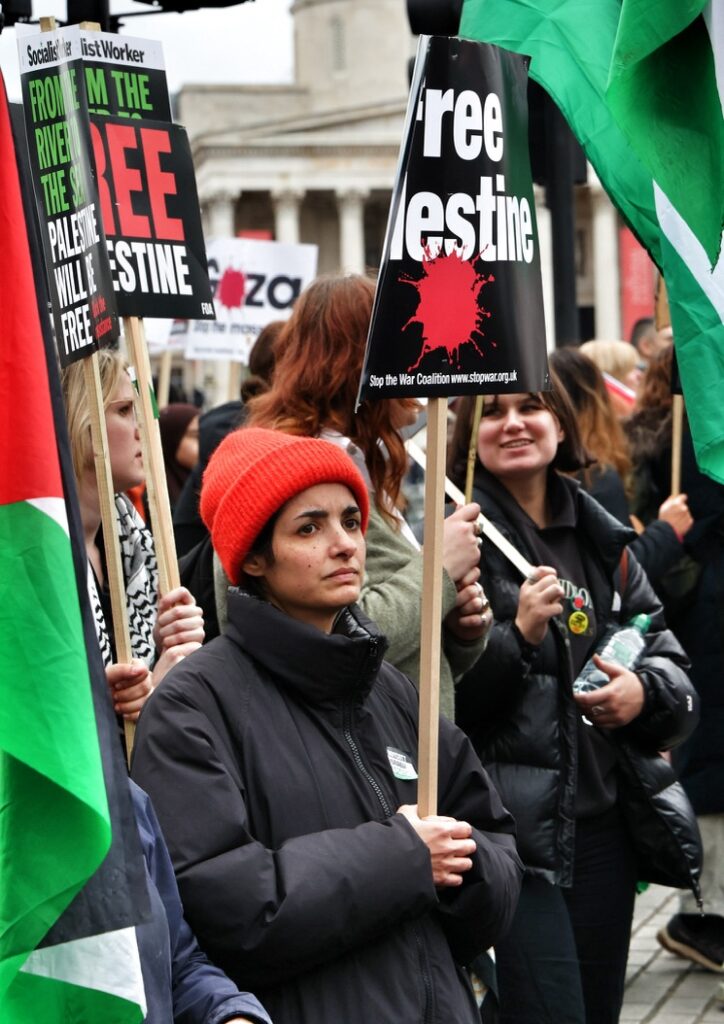
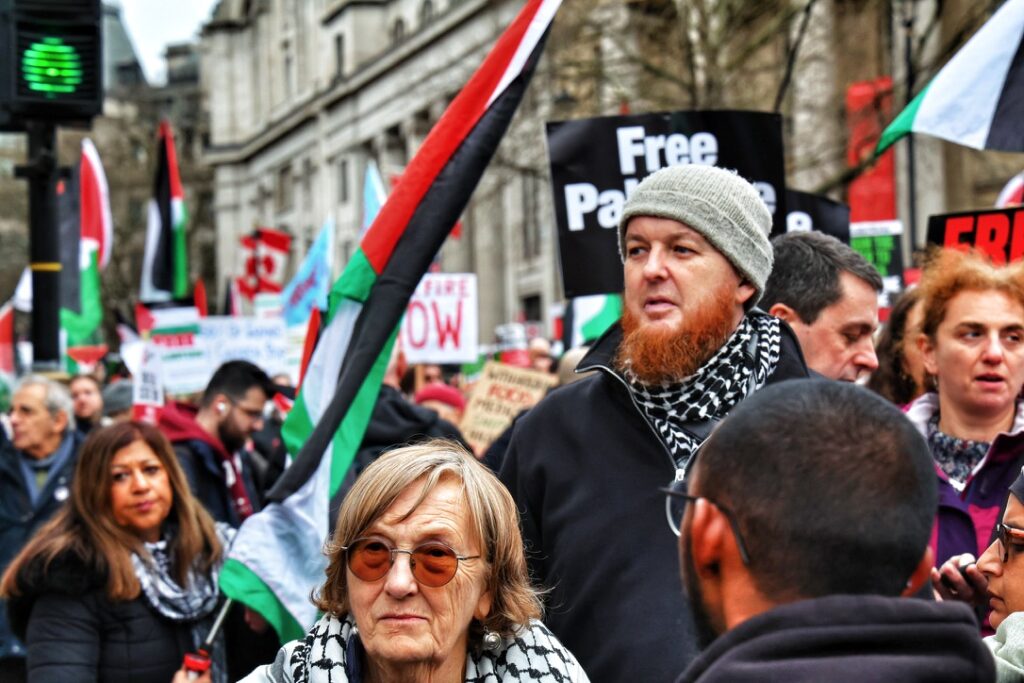
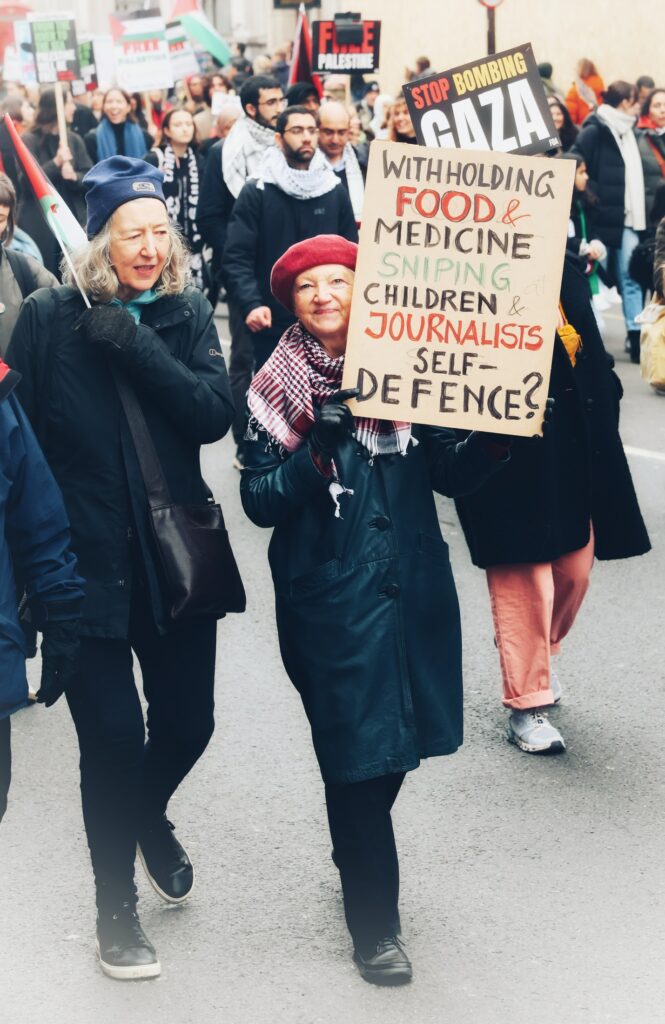
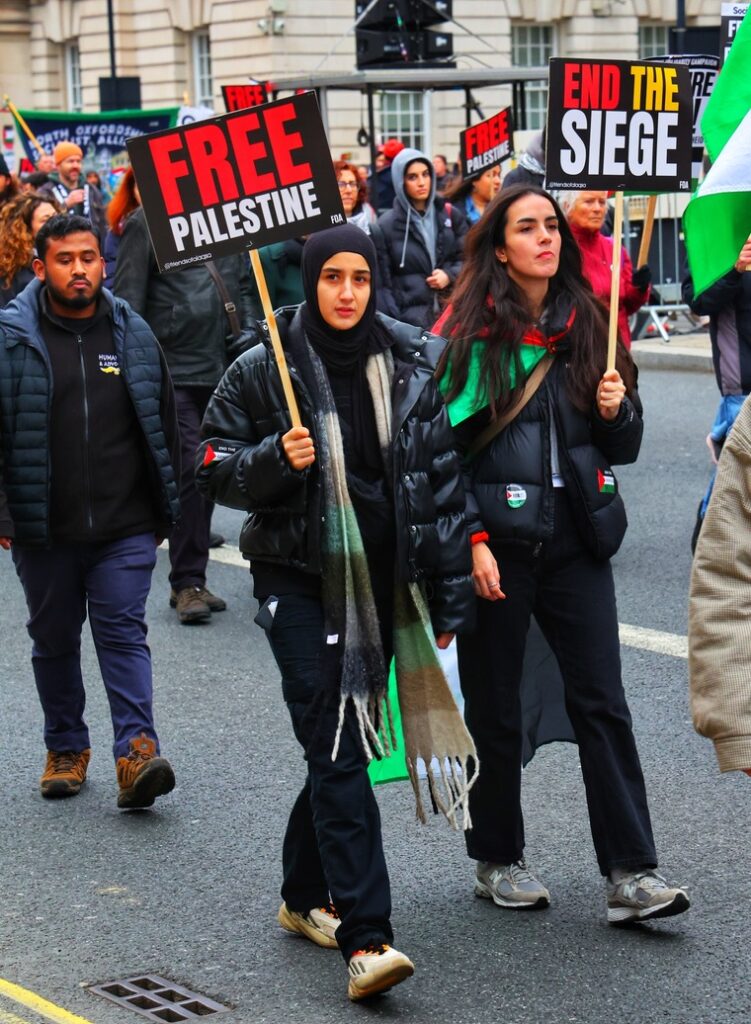
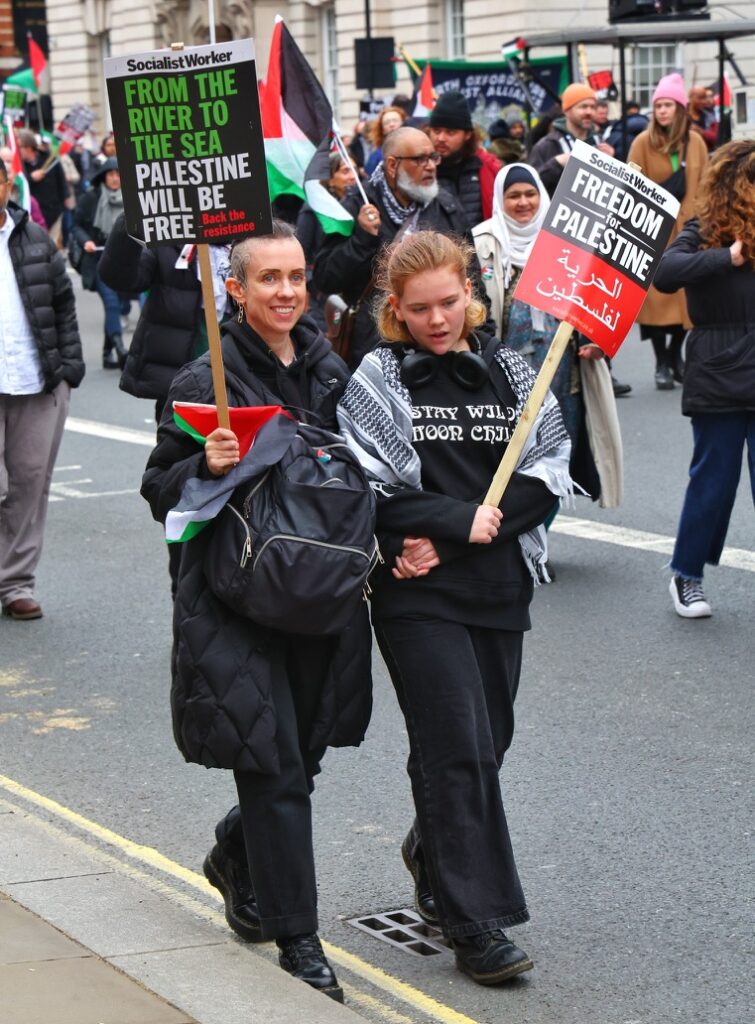
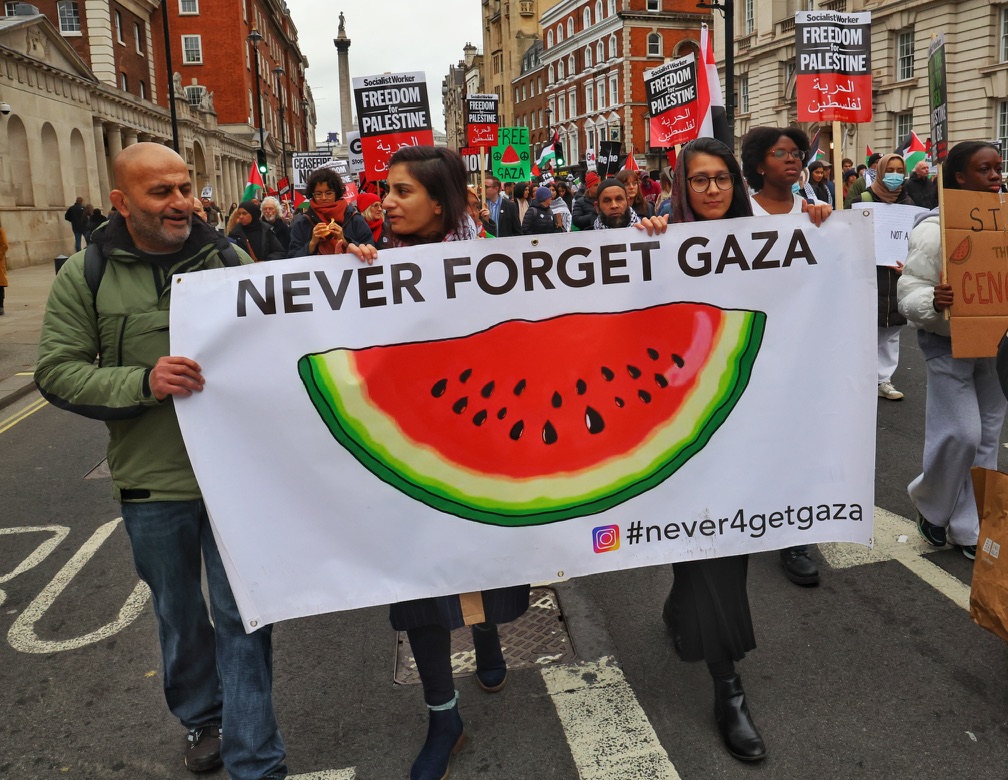
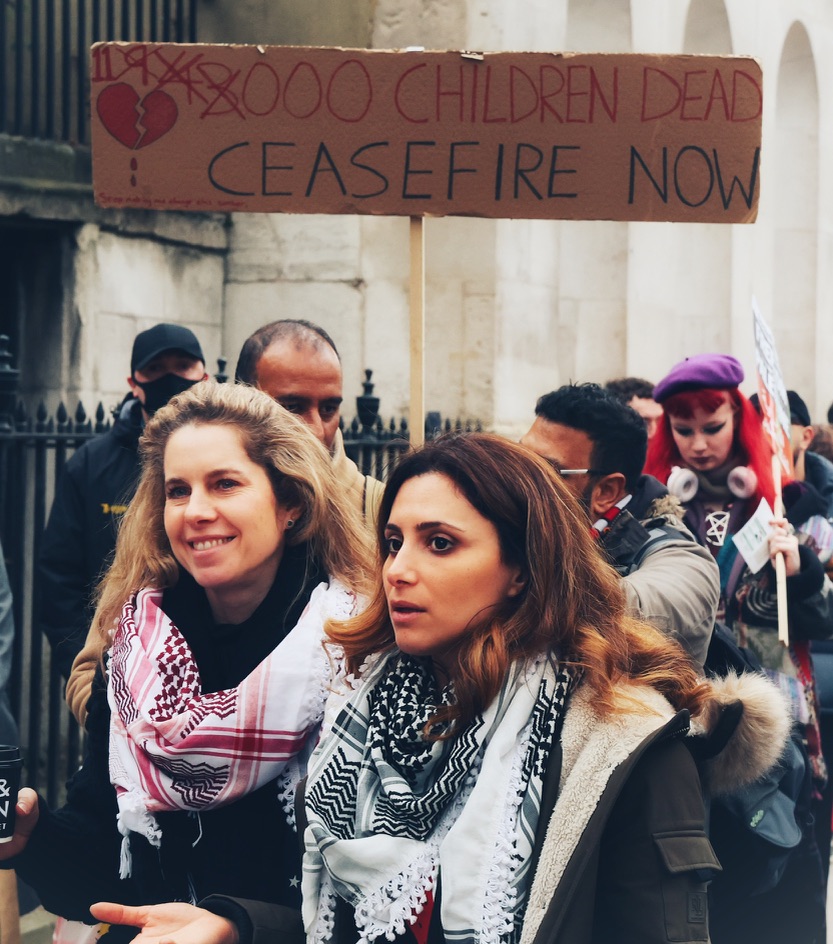
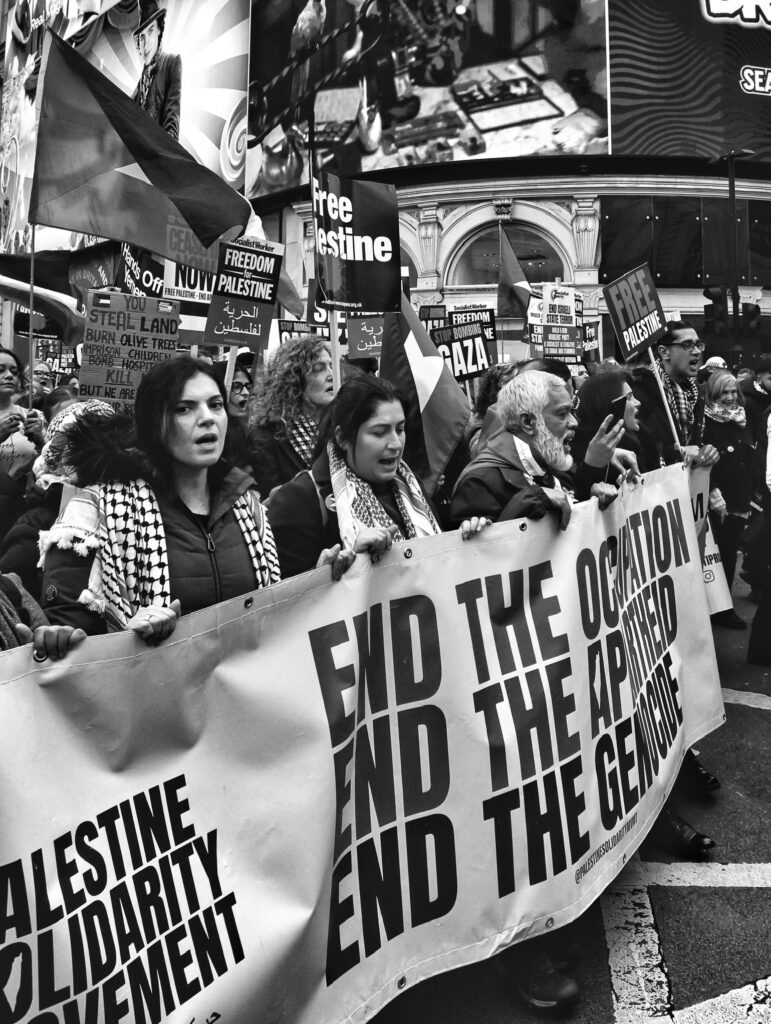
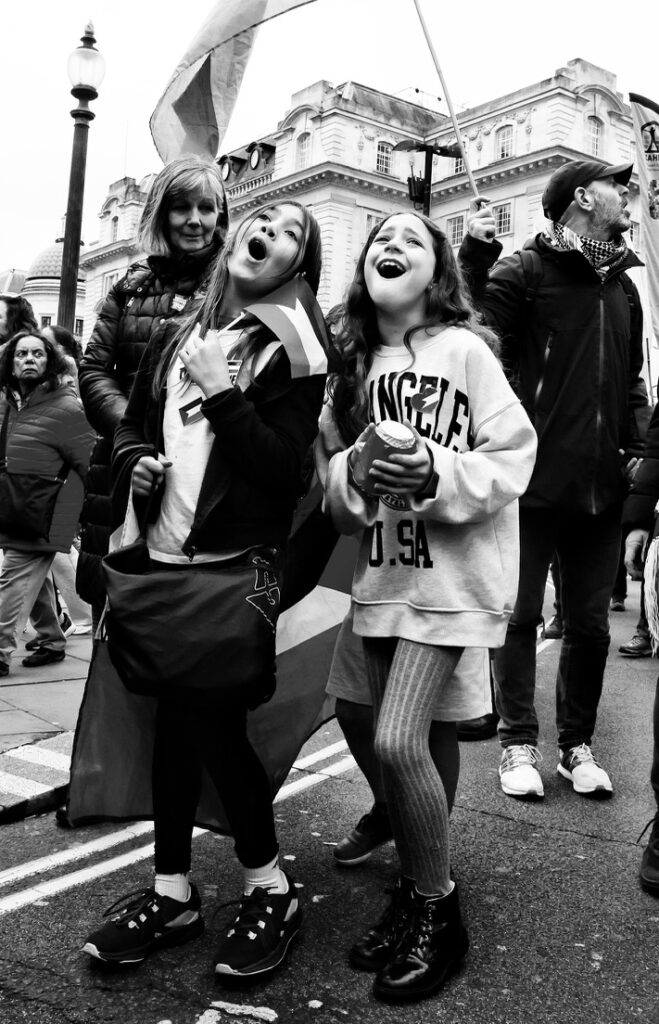
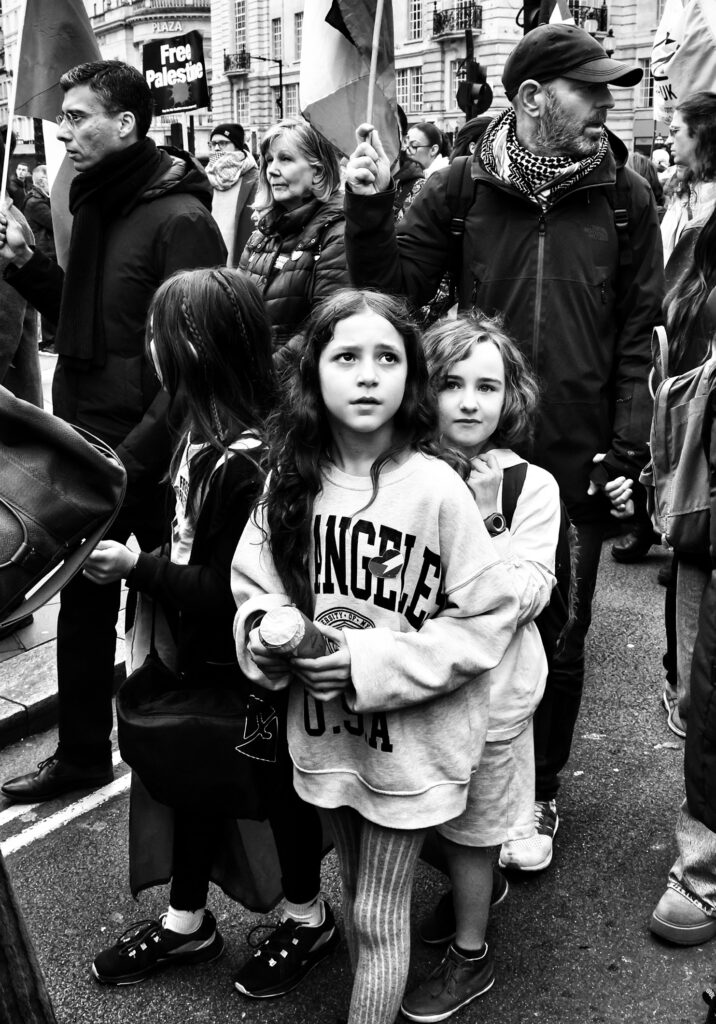
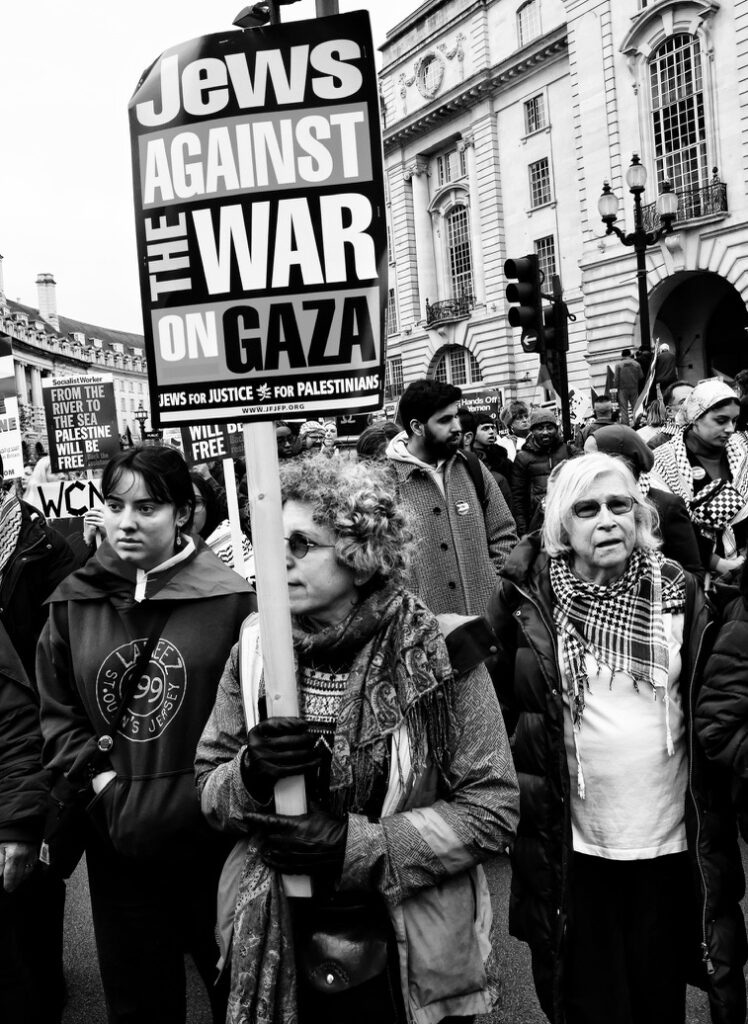
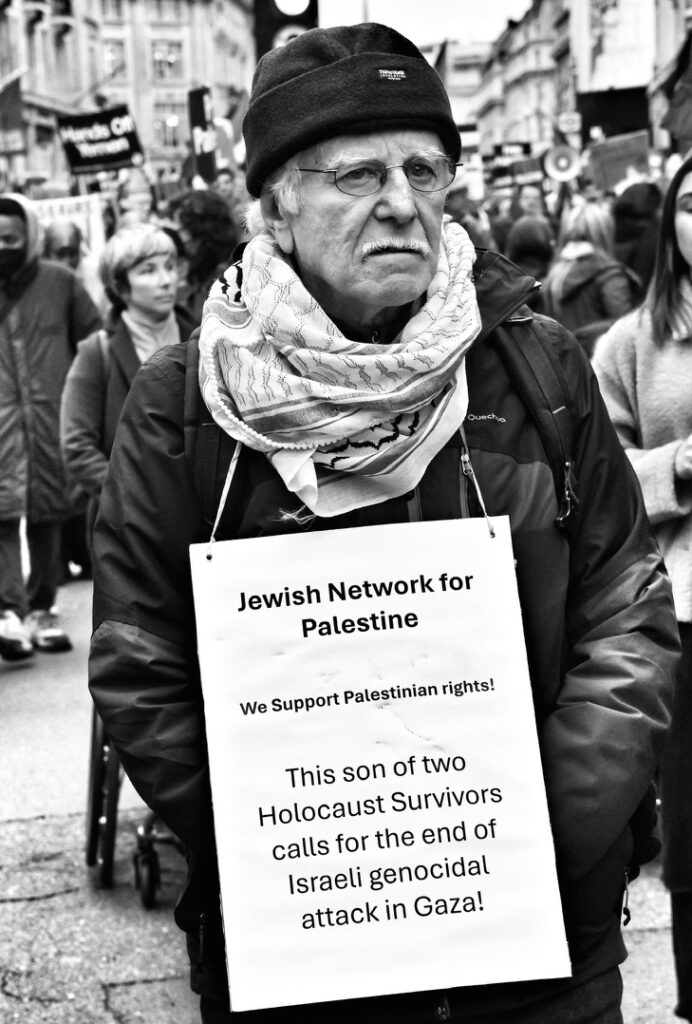
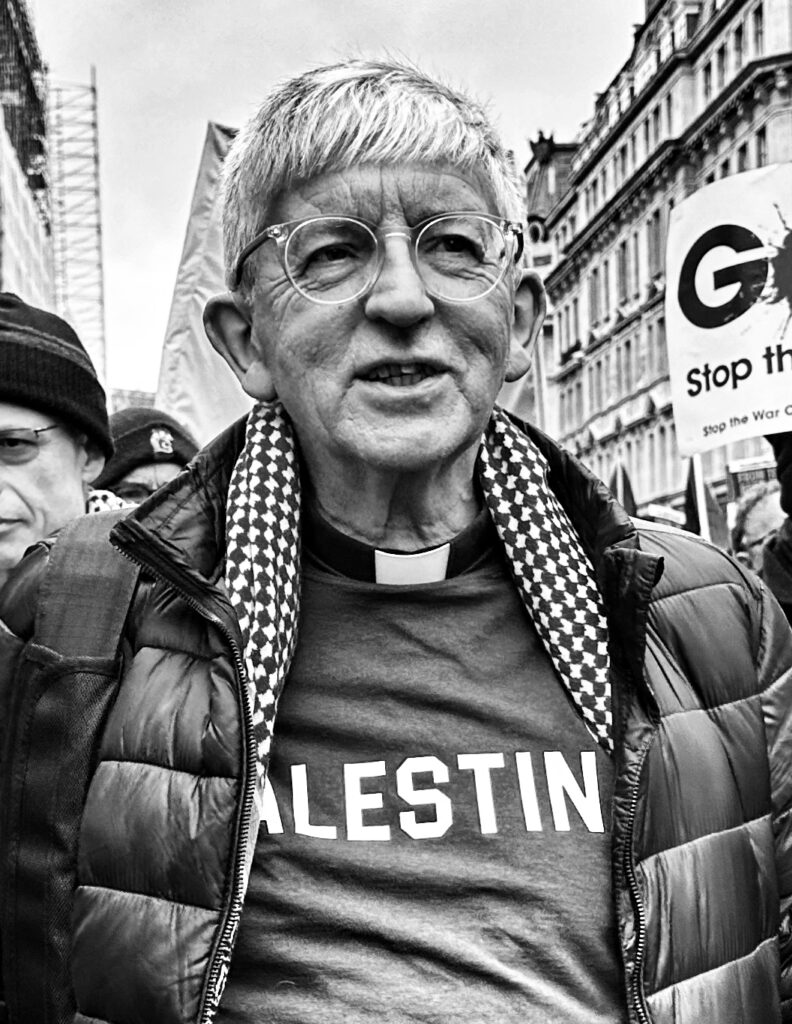
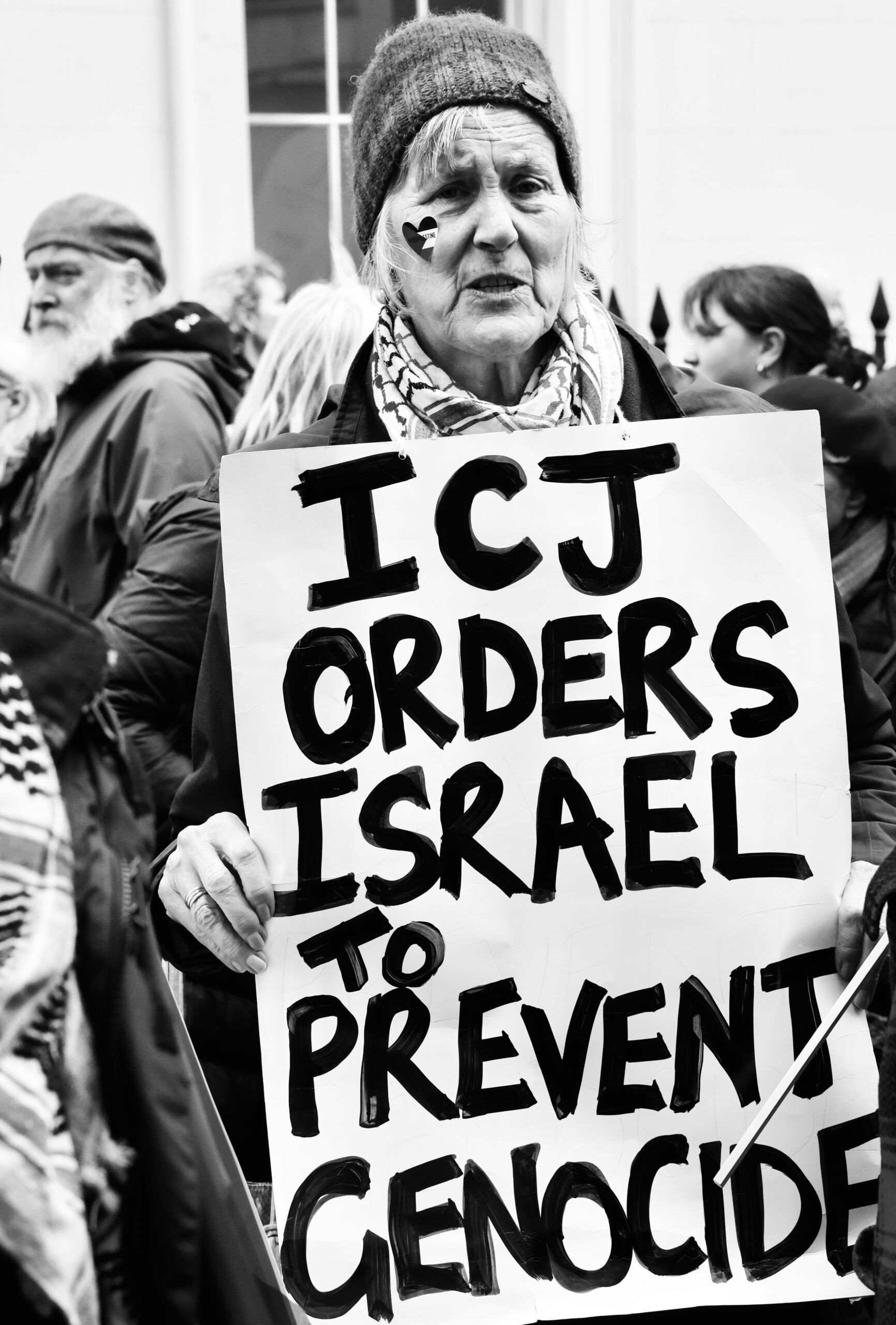
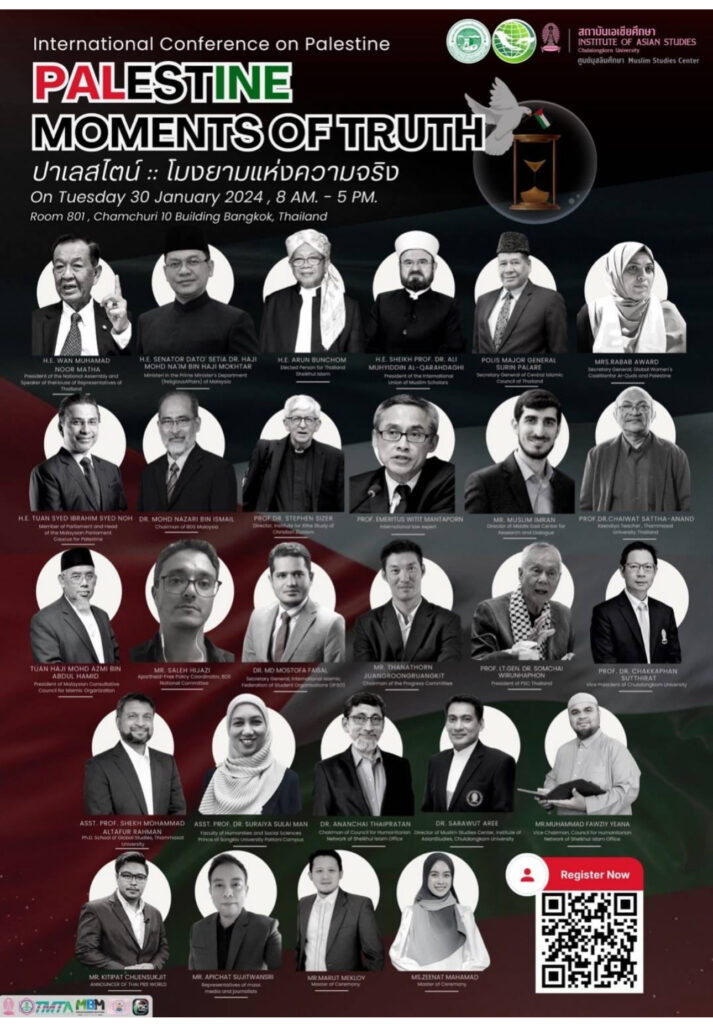
A presentation entitled “A Christian Critique of Israeli Apartheid” delivered at the ‘Palestine: Moments of Truth‘ international conference on Palestine arranged by the Muslim Study Center, Institute of Asian Studies, Chulalongkorn University, Bangkok, Thailand, together with the Council for Humanitarian Network of Sheikhul Islam Office of Thailand on 30 January 2024.
On 28 August 1963 Martin Luther King, co-led a civil-rights march of 250,000 people in Washington DC against racism and segregation. In what has become probably the most well-known and widely quoted speech in history,
“I have a dream that one day this nation will rise up and live out the true meaning of its creed. We hold these truths to be self-evident that all men are created equal. I have a dream that my four little children will one day live in a nation where they will not be judged by the colour of their skin but by their character. When we let freedom ring, we will be able to speed up that day when all of God’s children, black men and white men, Jews and Gentiles, Protestants and Catholics, will be able to join hands and sing in the words of the old spiritual, “Free at last, free at last. Thank God Almighty, we are free at last.”[1]
Continue reading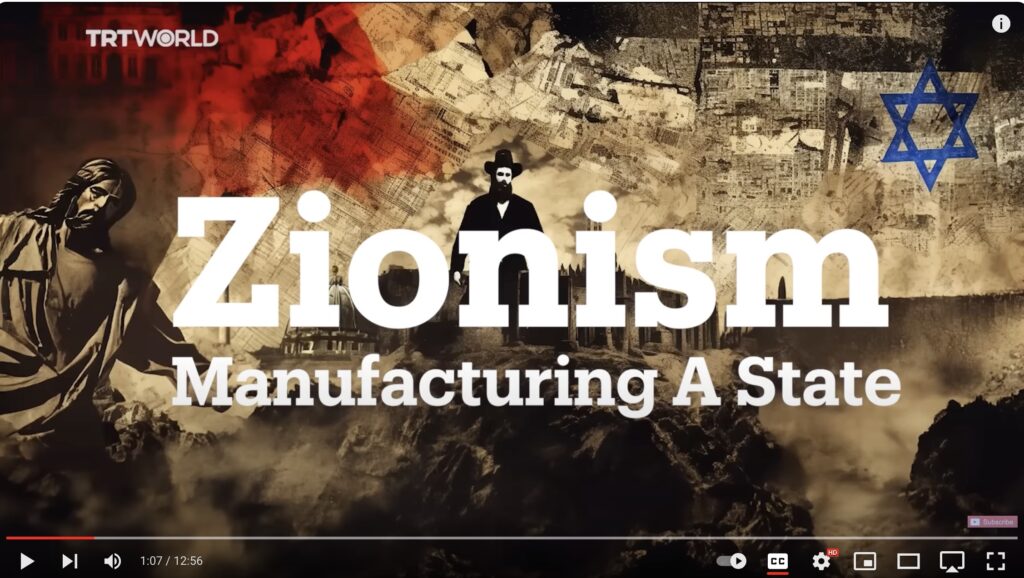
Zionism: Manufacturing a State’ explores the intricate ties between religion, ideology, and Israel’s brutal war on Gaza. Featuring Jewish rabbis and scholars, it critiques the impact of Zionism on Judaism.
The film traces historical roots, connecting the ideology to today’s Gaza events, and offering a nuanced look at the complex interplay of religion and ideology in Israel’s history.
Watch on Youtube
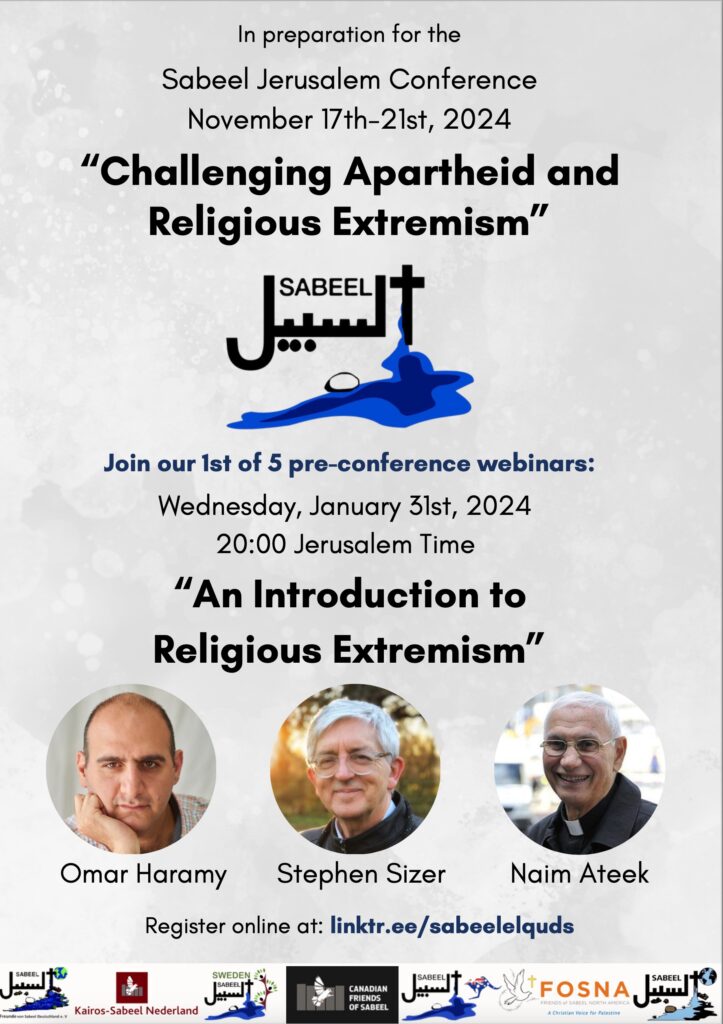
Conference Purpose Statement:
After ignoring 75 years of Israeli settler-colonial violence, since the 7th of October last year, the world has been shocked into taking notice of the genocide occurring against Palestinians in Gaza. With the aim of speaking into these tragedies, the 2024 Sabeel International Conference will challenge apartheid and religious extremism through a liberationist approach to theology by ecumenical and interfaith collaboration. Thought leaders representing the Abrahamic faiths will guide participants in reflecting on the current situation and exploring ecumenical, interfaith, non-violent avenues for fostering peace and justice in Palestine and Israel.
Webinars: Sabeel has organized five webinars, each at 8pm Jerusalem time, from January to May. These webinars, facilitated by distinguished academics and activists, serve as a prelude to the conference by introducing themes and topics that will be explored in depth in November.
Register for the webinars here
Wednesday 31st January: An Introduction to Religious Extremism
This webinar will introduce religious extremism and outline the November conference.
Wednesday 28th February: Zionism and Antisemitism
How the term antisemitism has been weaponised and an examination of the relationship between Zionism, apartheid, and religious extremism in Judaism.
Wednesday 27th March: Islam and Islamophobia
Define Islamophobia, challenge stereotypes and prejudice toward Muslims, and examine how Islamophobia has been exploited to silence criticism of Israel.
Wednesday 24th April: Christophobia and the Persecution of Christians
A discussion on the persecution of Christians and how Christian Zionism exacerbates tensions for Palestinian Christians.
Wednesday 29th May: A Summary on Religious Extremism
A summary of the series and information about the November conference including the schedule and how to maximize your participation.
Principles: The principles guiding this conference include facilitating constructive interfaith dialogue, promoting human rights and justice in Palestine and Israel, challenging misinterpretations of religious texts contributing to extremism, empowering grassroots activism and advocacy, and strengthening collaborative networks. The Sabeel conference aims to create a platform for dialogue across faiths to address the root causes of extremism and advance human rights in Palestine.
Register for the webinars here
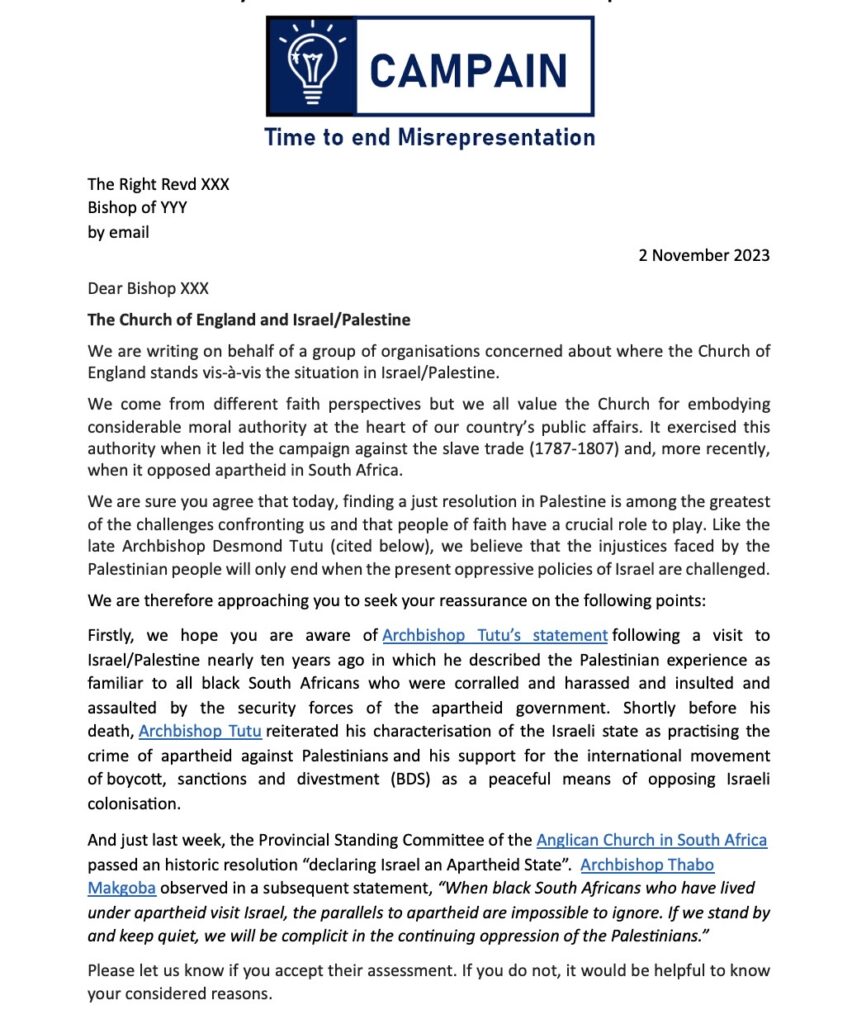

A survey of Anglican Bishops was planned by a coalition of ten Christian, Jewish, Muslim and secular groups[1] that were concerned about the position the Church of England had taken vis-à-vis Israel/Palestine under the leadership of Archbishop Justin Welby. It was executed by CAMPAIN (the Campaign against Misrepresentation in Public Affairs, Information and the News)
An Open Letter of April 25th raised a series of issues, but the matter of most immediate concern was Welby’s denial of the existence of Israeli apartheid, which placed him at odds with the views of late Archbishop Tutu, the Anglican Church of South Africa, renowned international and Israeli human rights organisations, Palestinian Christians and the United Nations.
The purpose of the survey was to ascertain whether other CofE bishops widely shared Welby’s opinion, and if so, why?
Continue reading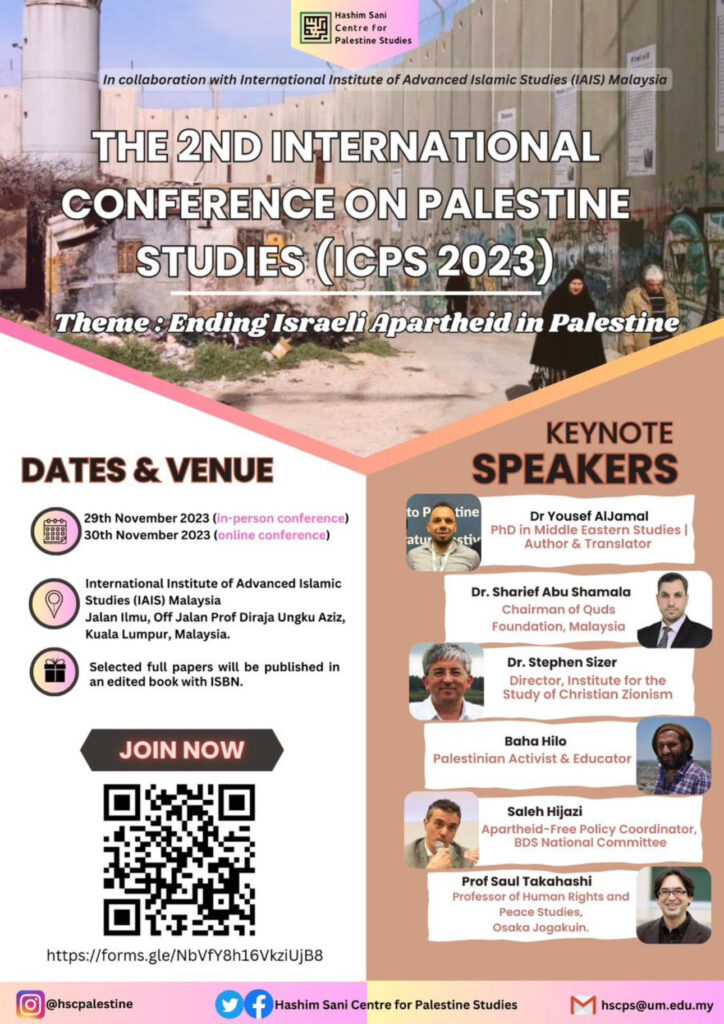
A presentation given in the Centre for Advanced Islamic Studies, University of Malaysia, at the Second International Conference on Palestine Studies
Download a pdf copy of my presentation.
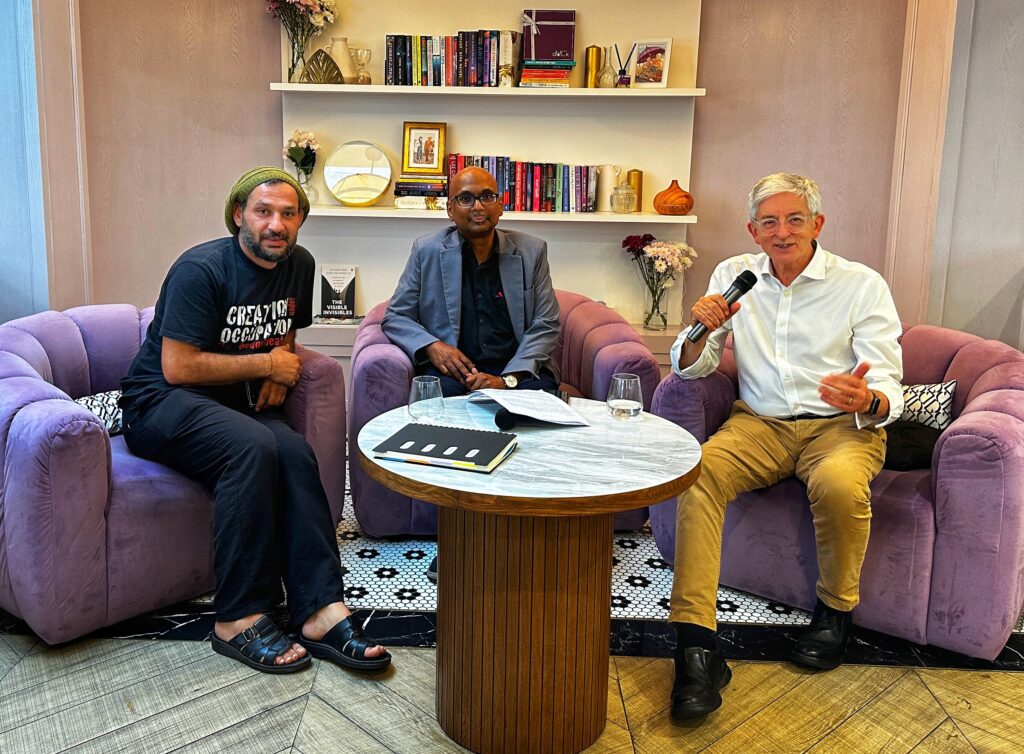
On 28 August 1963 Martin Luther King, co-led a civil-rights march of 250,000 people in Washington DC against racism and segregation. In what has become probably the most well-known and widely quoted speech in history, King shared his dream of a diverse but united multi-ethnic nation:
“I have a dream that one day this nation will rise up and live out the true meaning of its creed. We hold these truths to be self-evident that all men are created equal. I have a dream that my four little children will one day live in a nation where they will not be judged by the colour of their skin but by their character. When we let freedom ring, we will be able to speed up that day when all of God’s children, black men and white men, Jews and Gentiles, Protestants and Catholics, will be able to join hands and sing in the words of the old spiritual, “Free at last, free at last. Thank God Almighty, we are free at last.”[1]
The origins of institutional racism can be traced back to the European colonization of the Americas and Africa and to the slave trade. With the abolition of slavery, institutional racism evolved into American segregation, German Antisemitism and South African Apartheid.
Continue readingThe term “genocide” was formulated by the Jewish-Polish lawyer Raphael Lemkin against the backdrop of the Holocaust. It was codified as a crime under international law in the 1948 Convention on the Prevention and Punishment of the Crime of Genocide (the Genocide Convention). The definition of genocide, as set out in Article 2 of the Convention, is simple and straightforward, its first three elements clearly reflecting Israeli policies and actions towards the Palestinian people since initiating its process of systematic genocide in 1947:
Genocide means any of the following acts committed with intent to destroy, in whole or in part, a national, ethnical, racial or religious group, as such:
(a) Killing members of the group;
(b) Causing serious bodily or mental harm to members of the group;
(c) Deliberately inflicting on the group conditions of life calculated to bring about its physical destruction
in whole or in part.